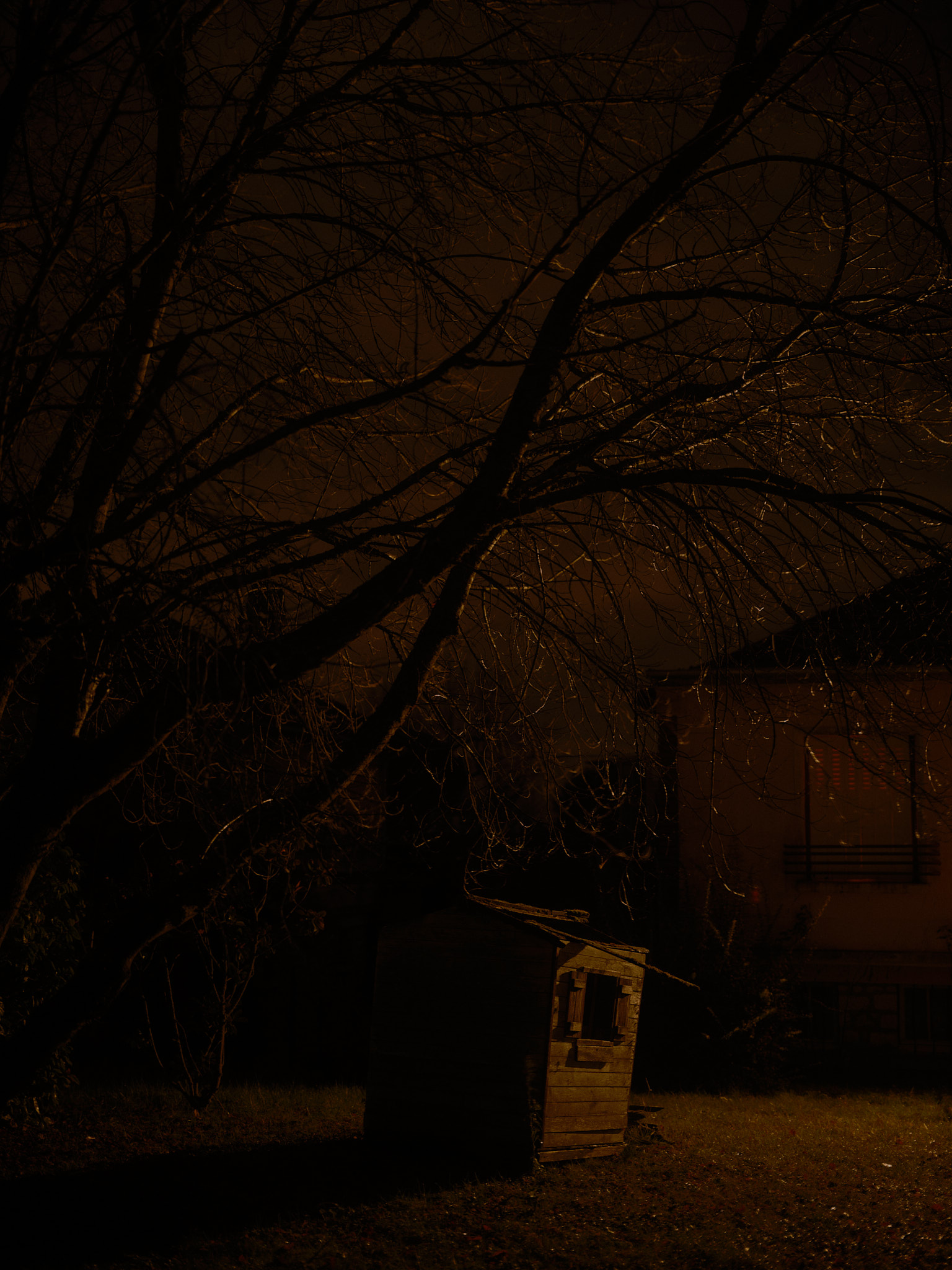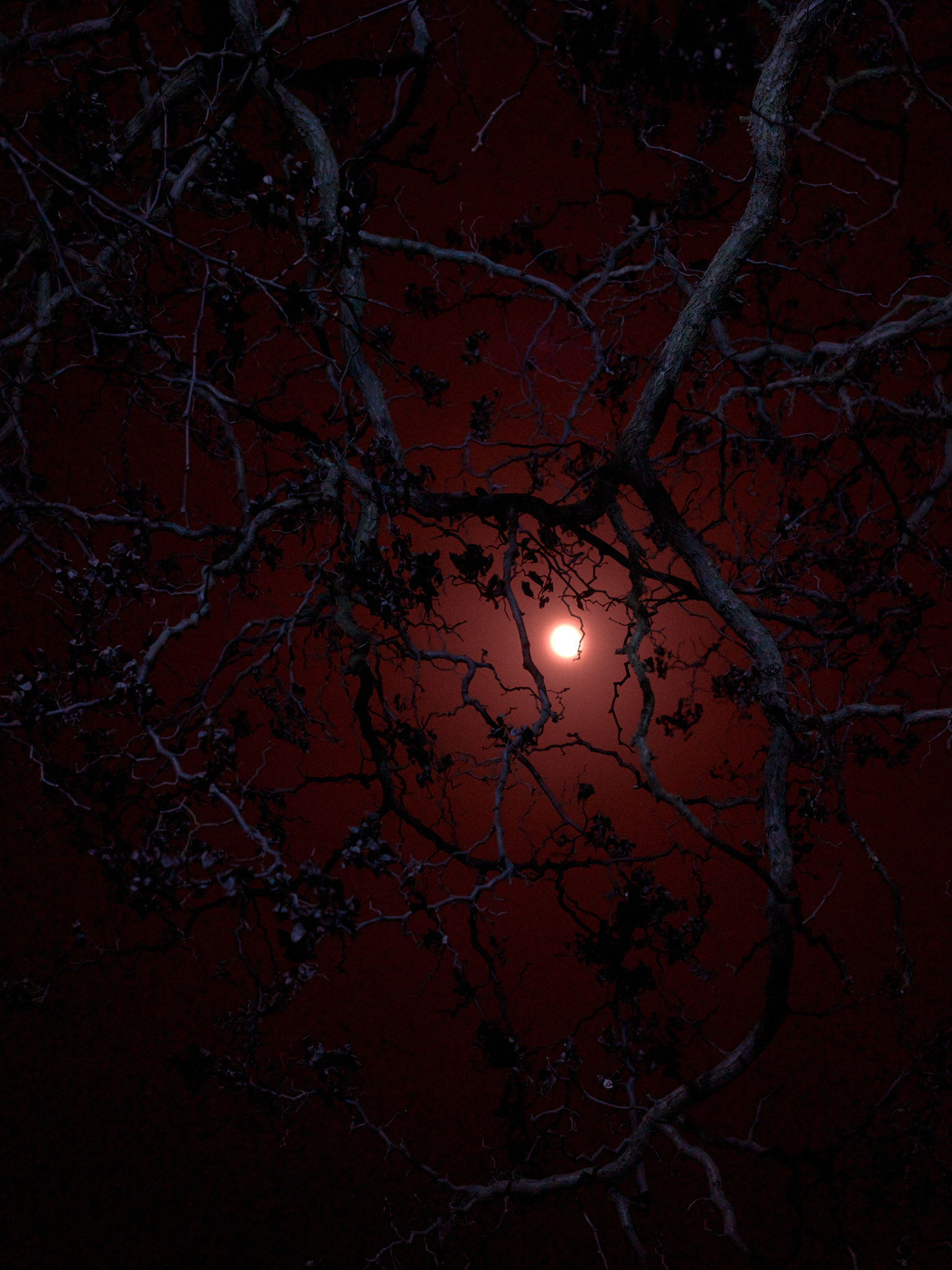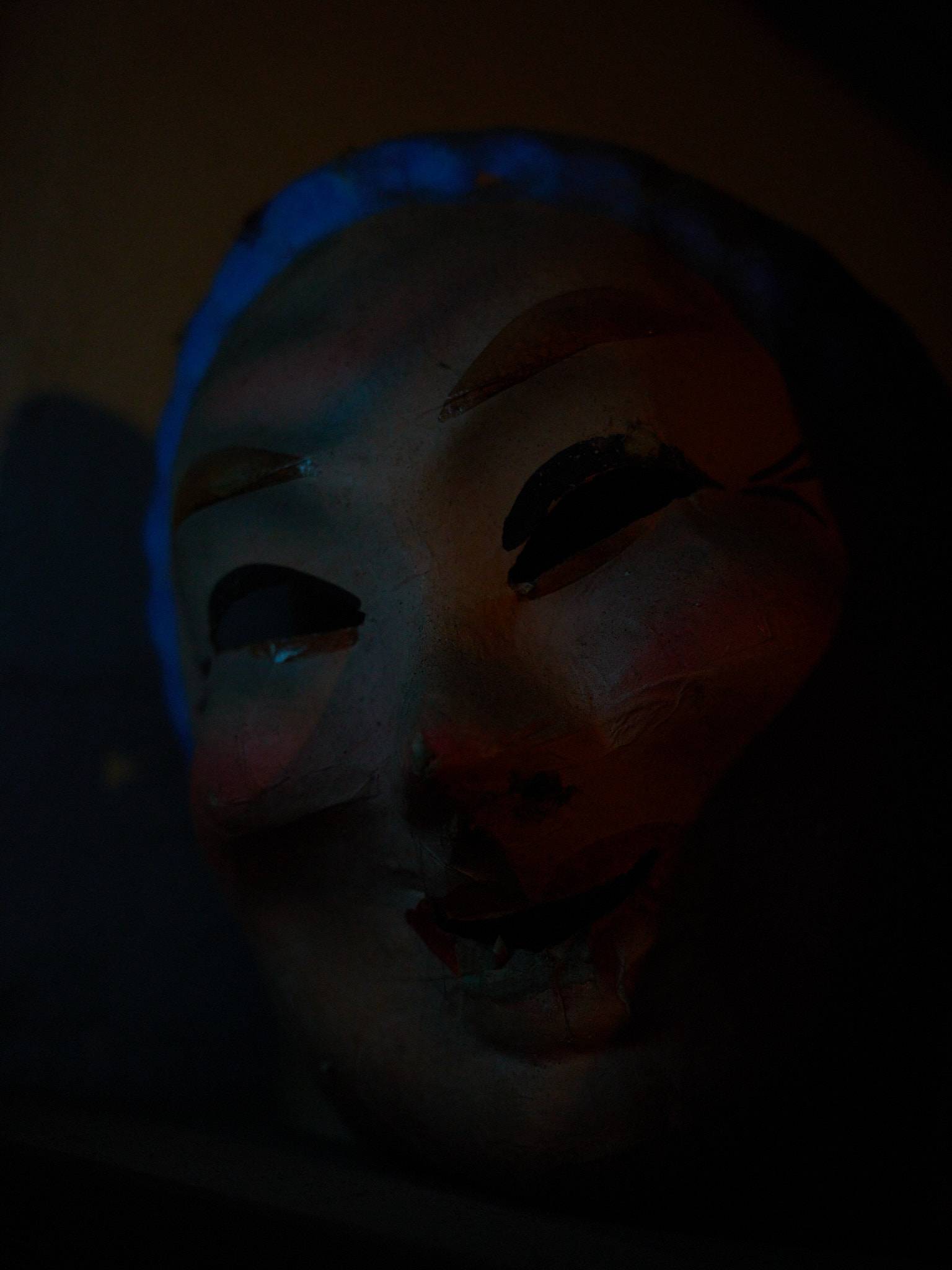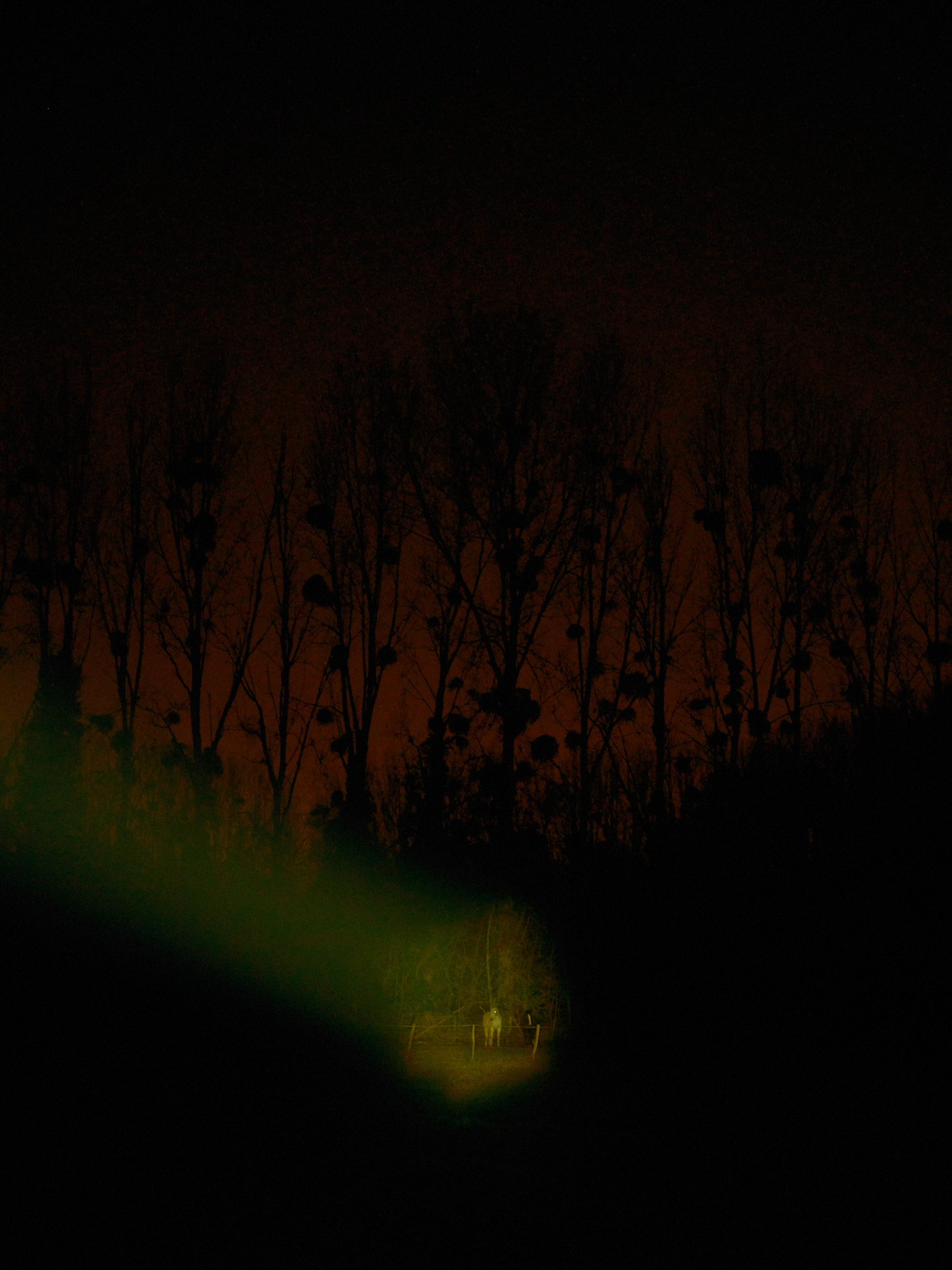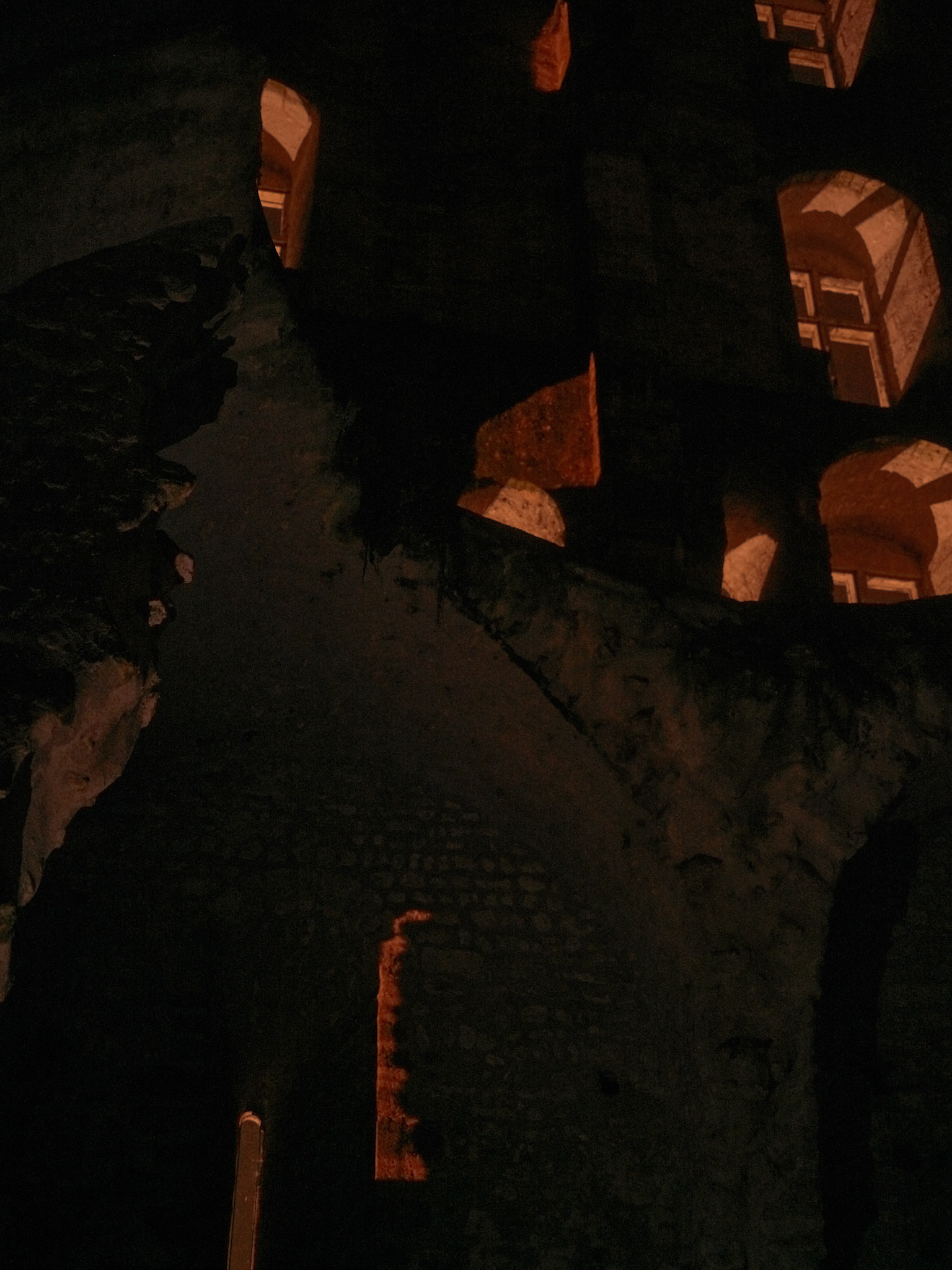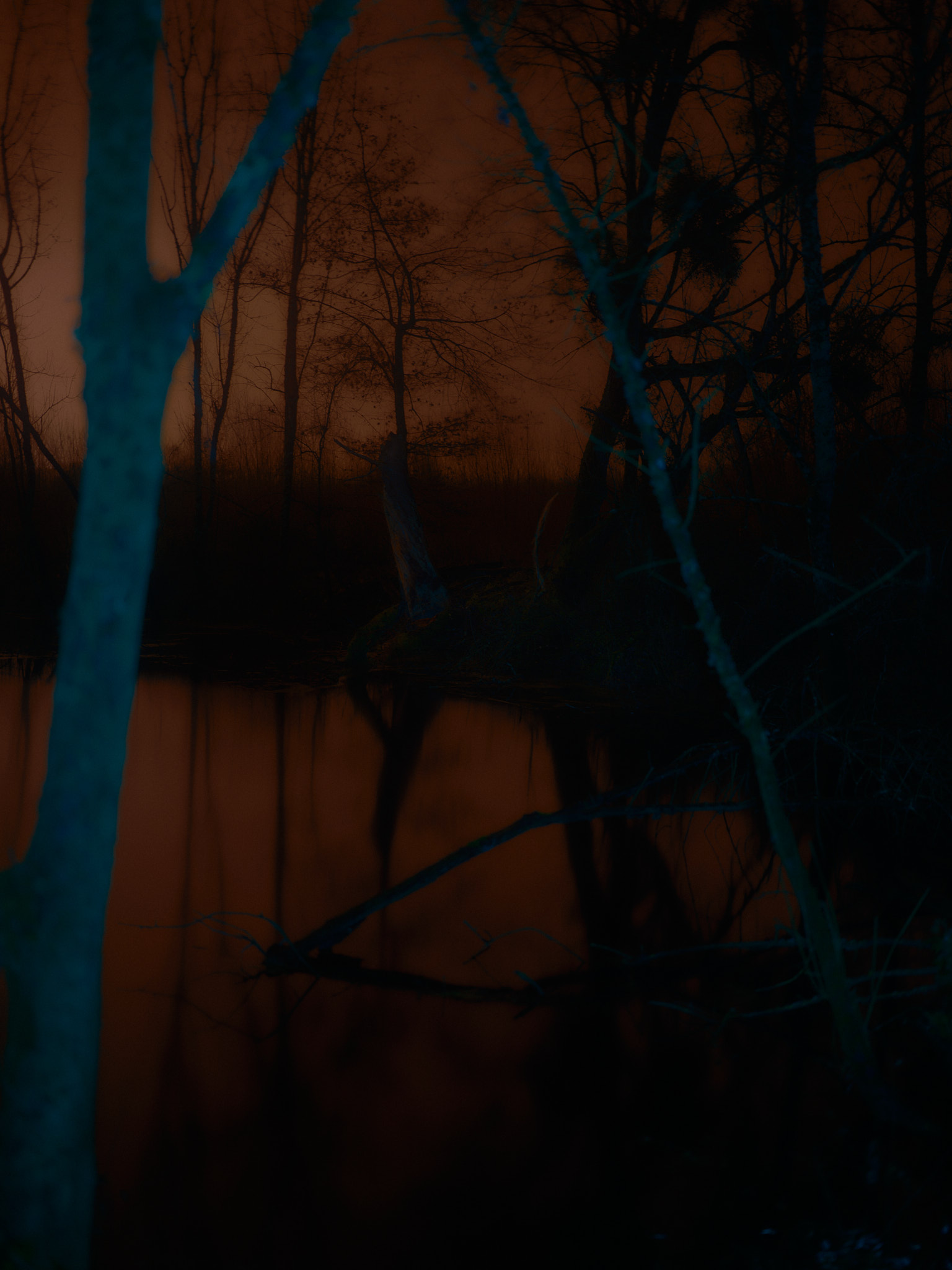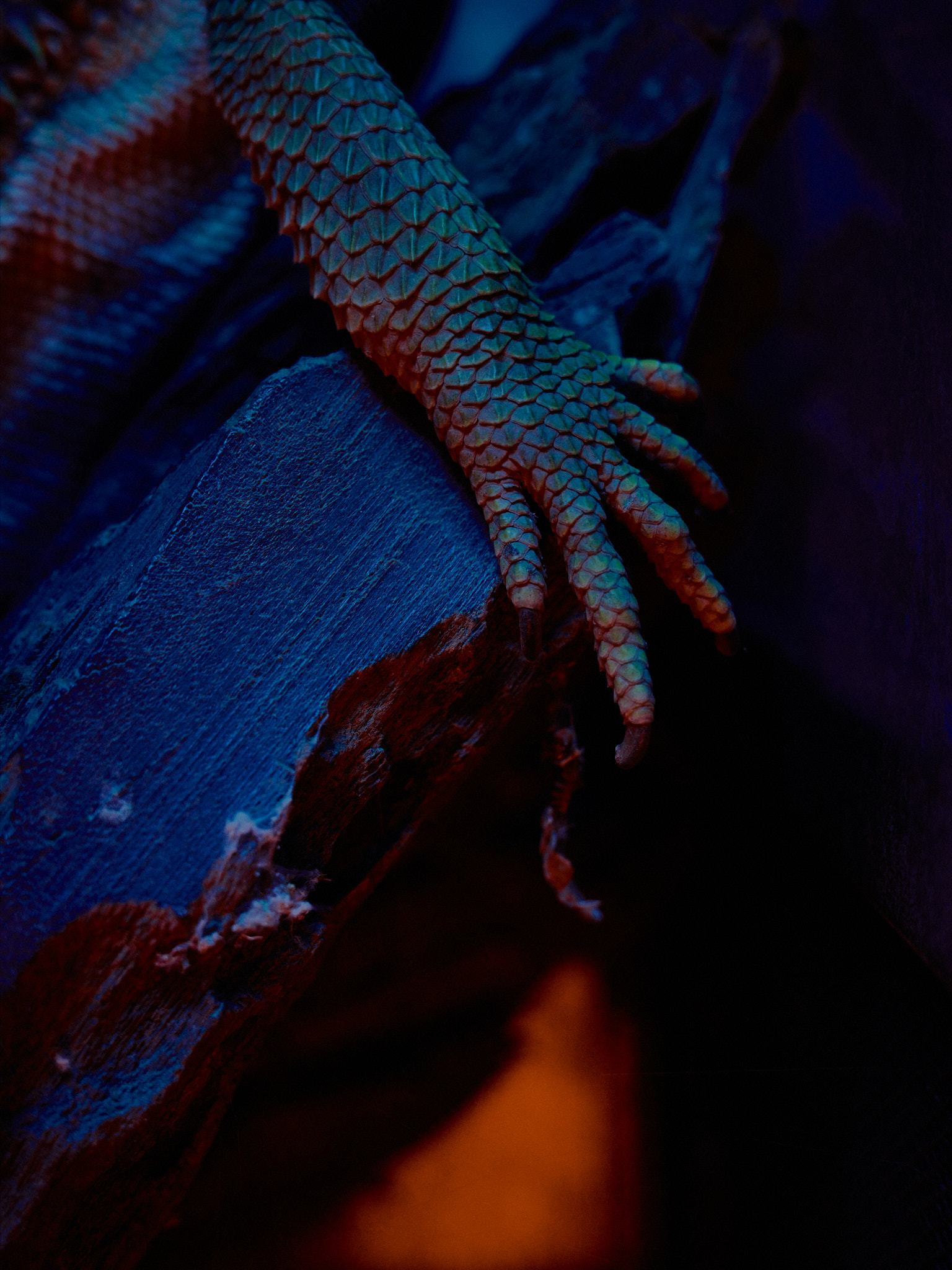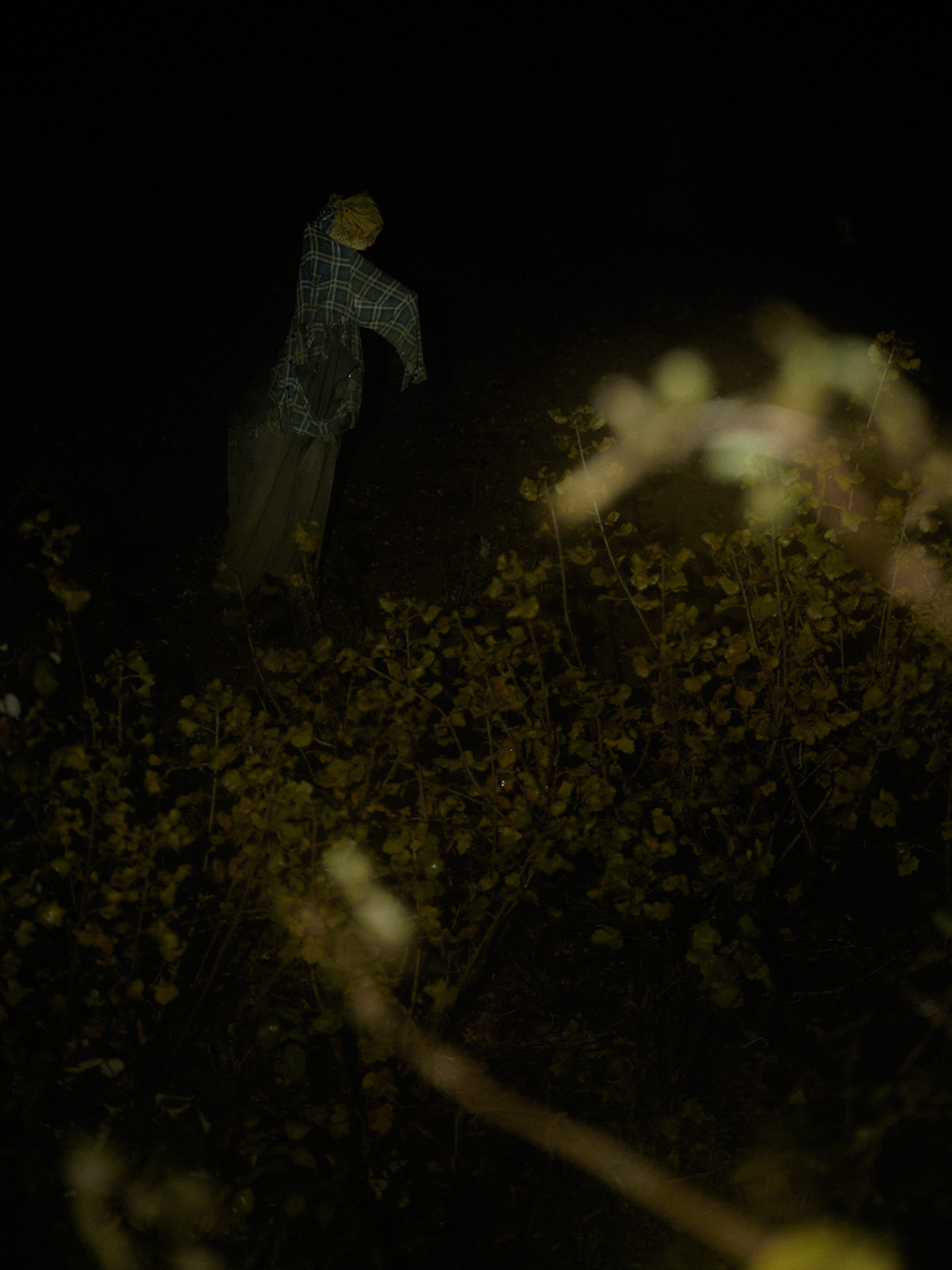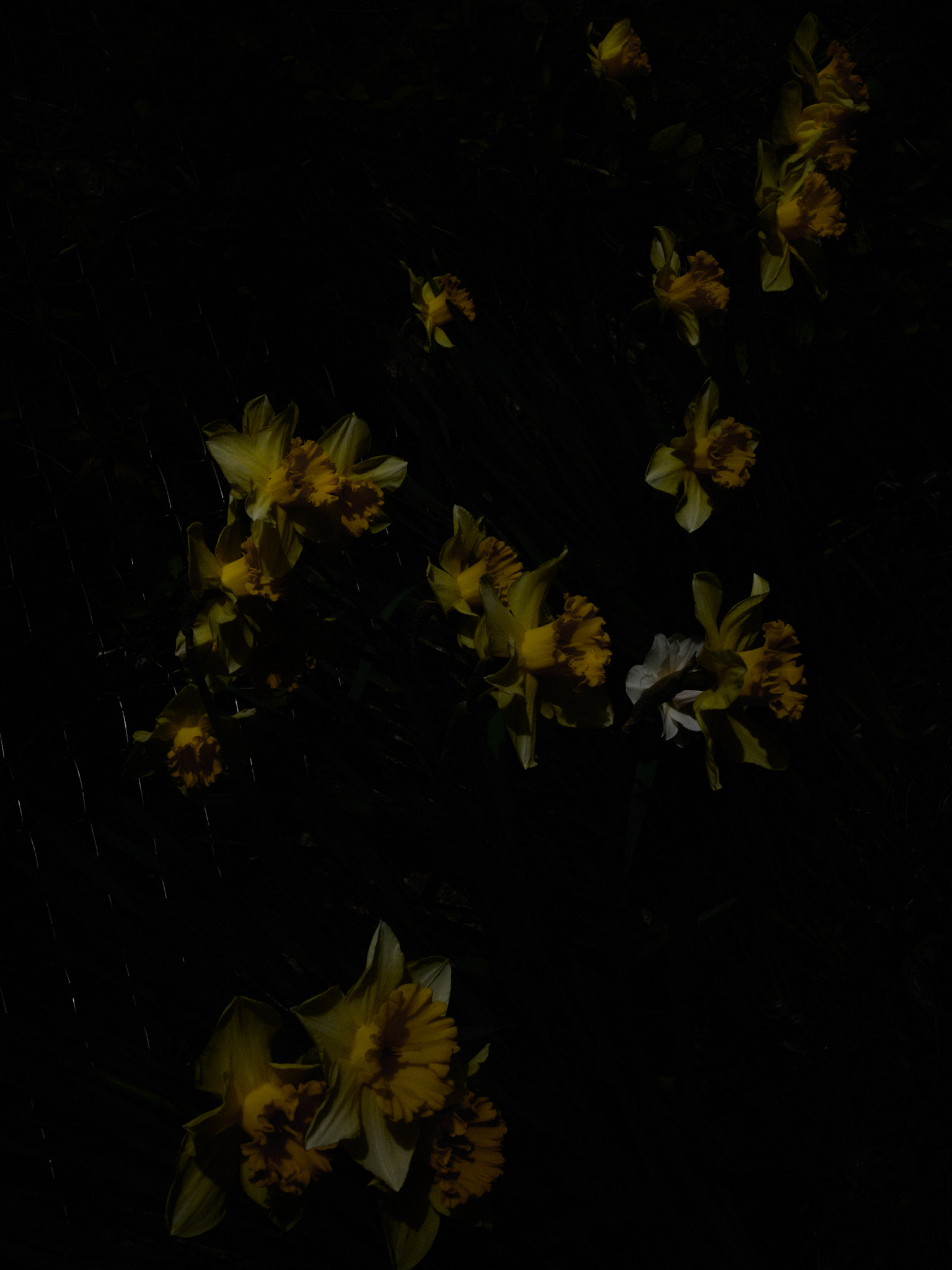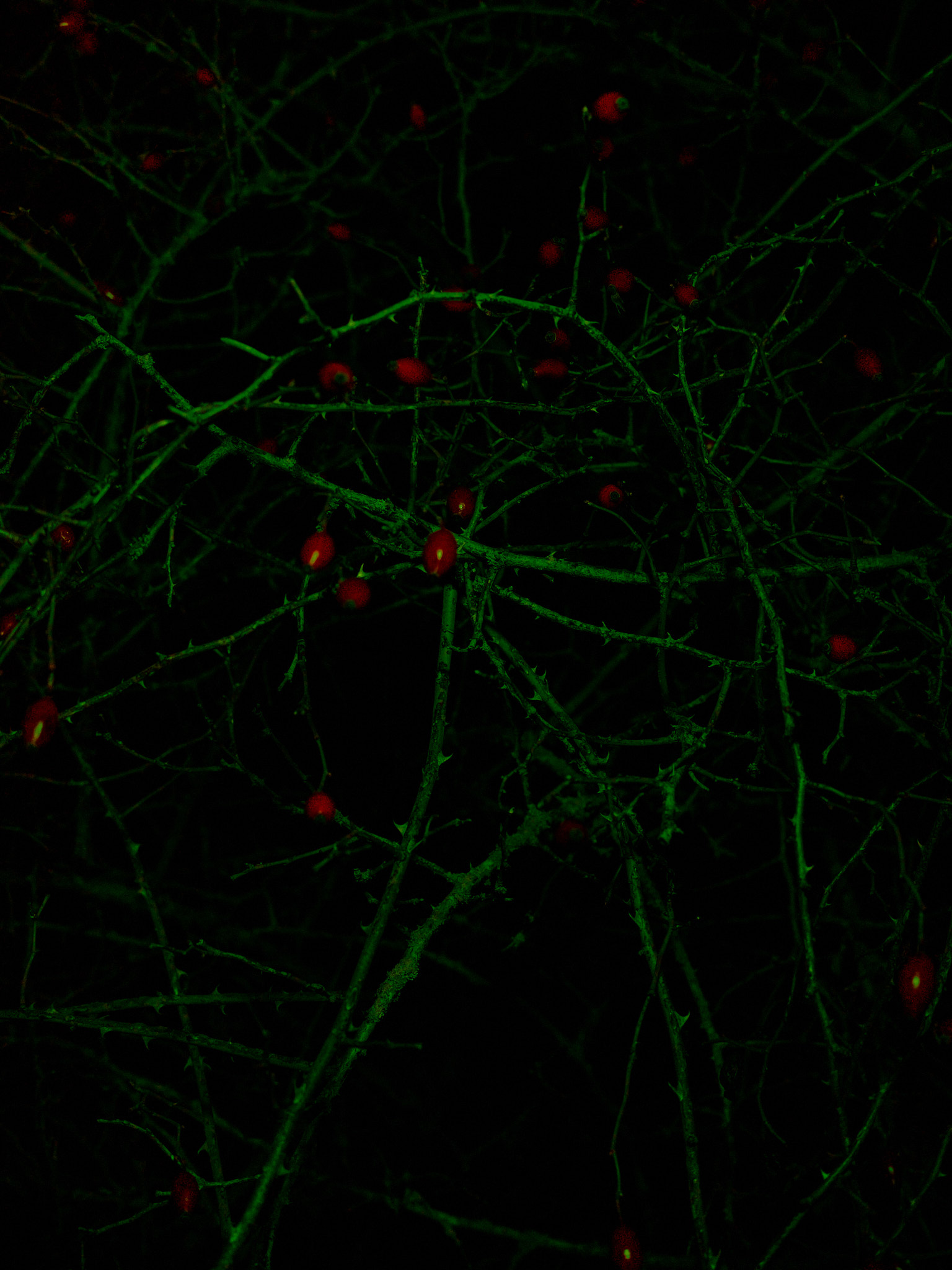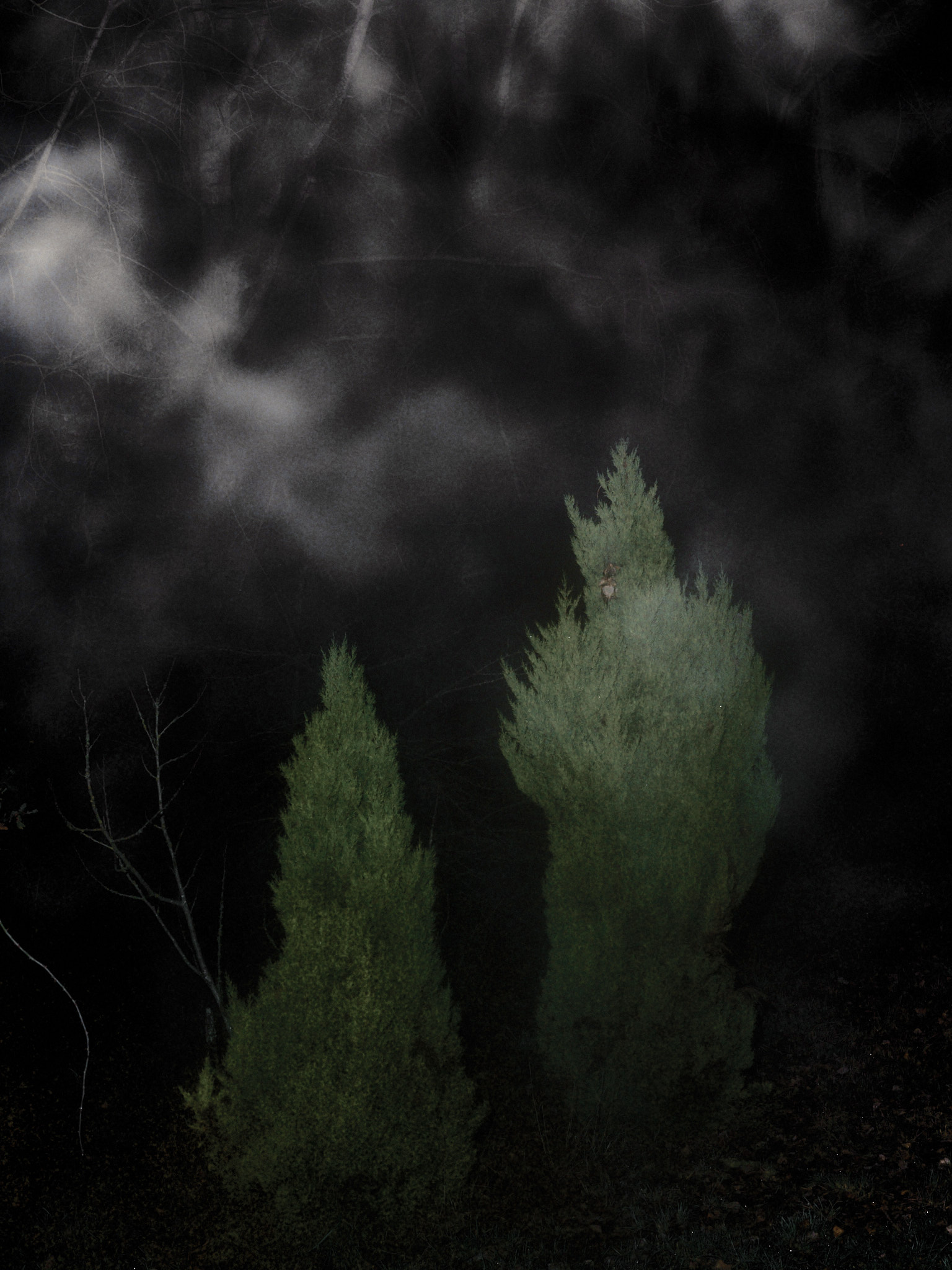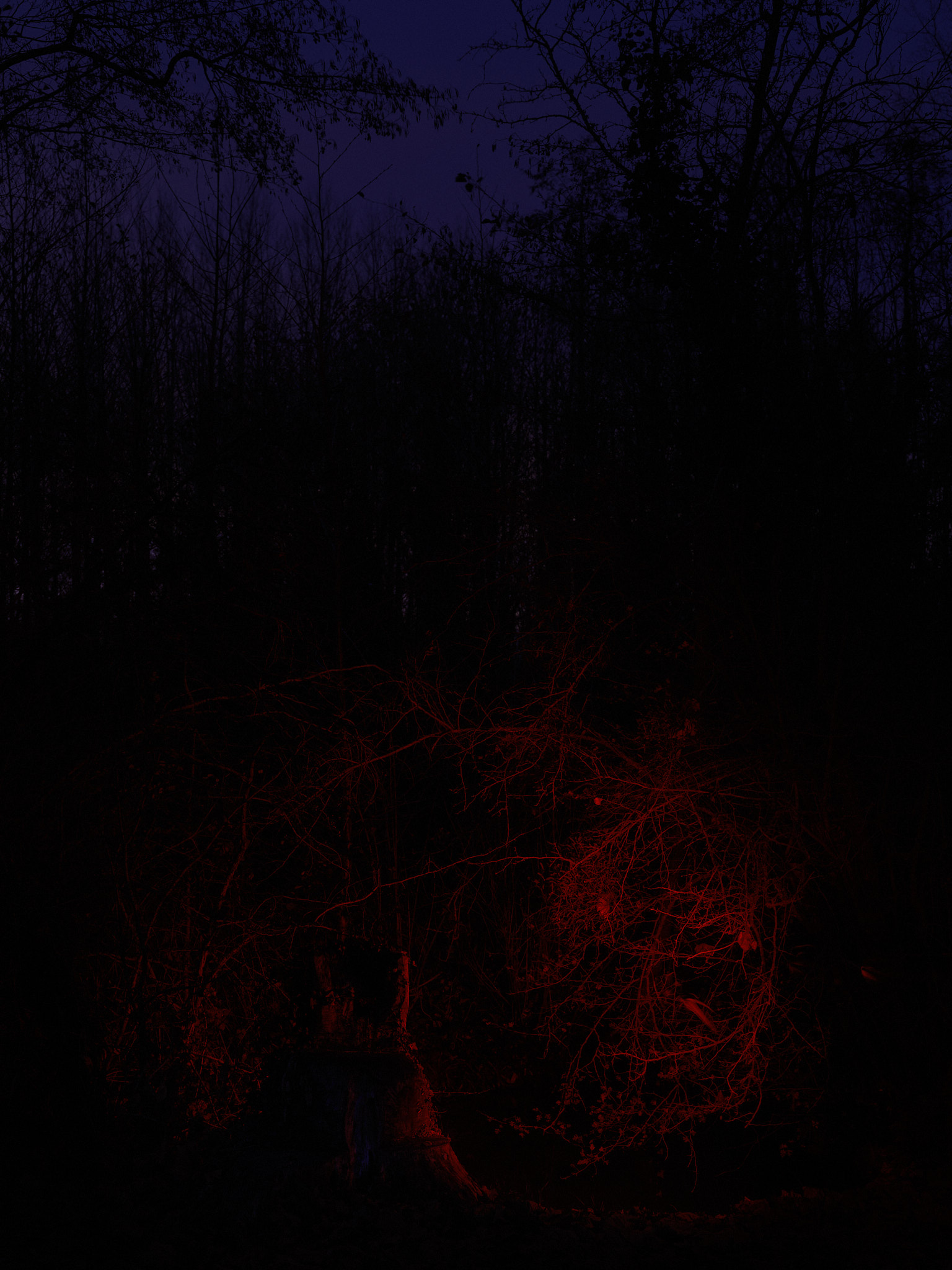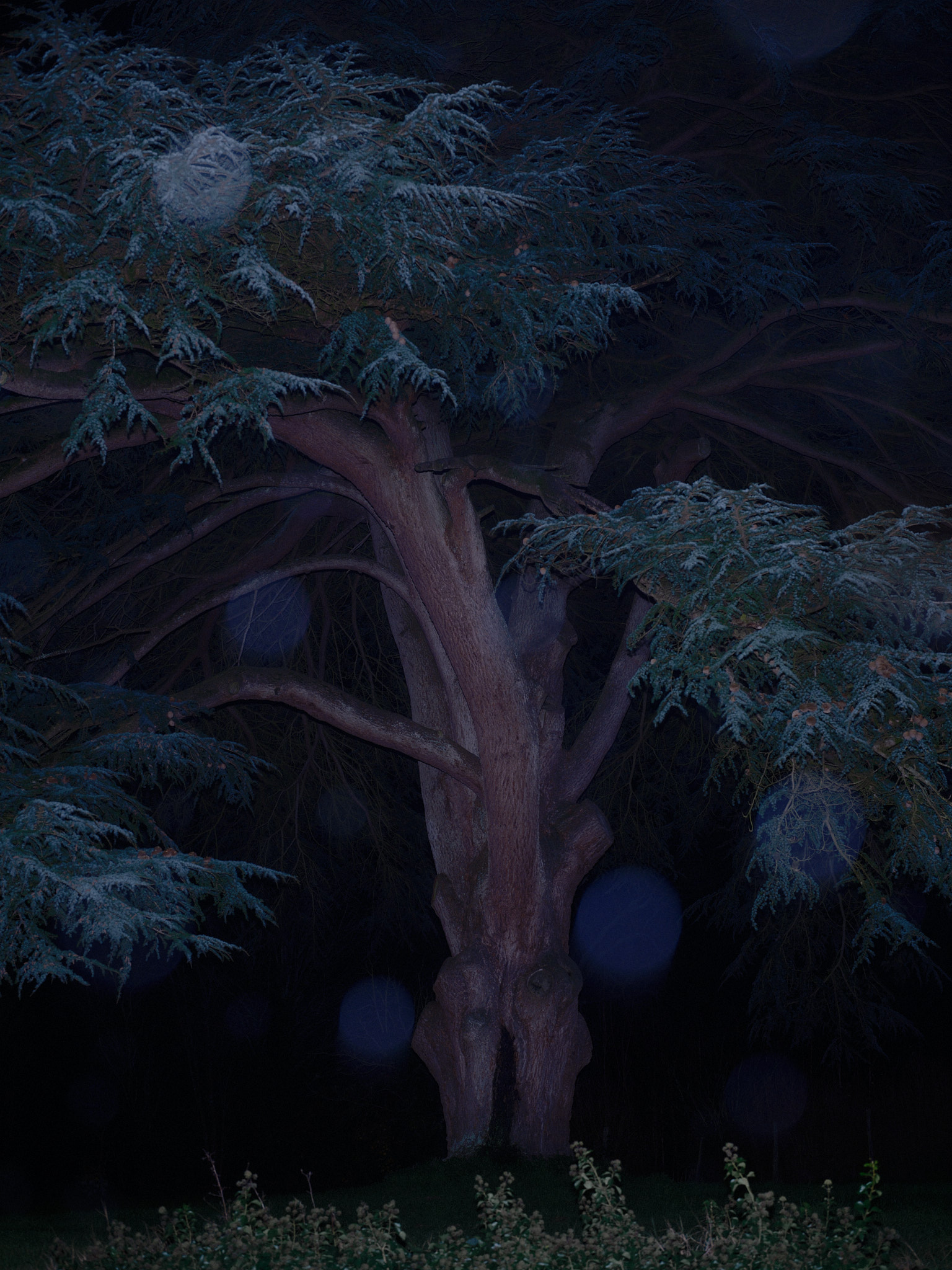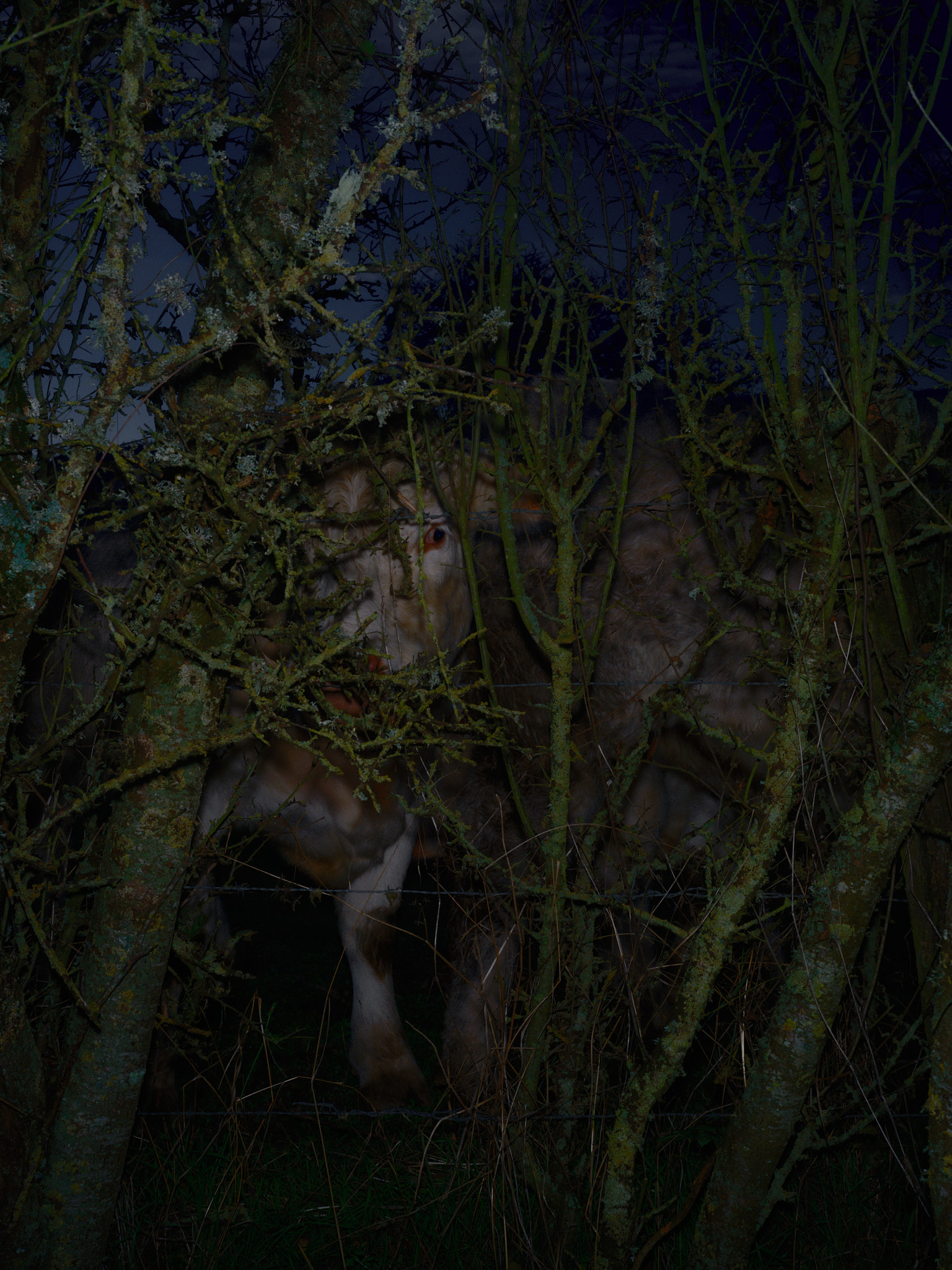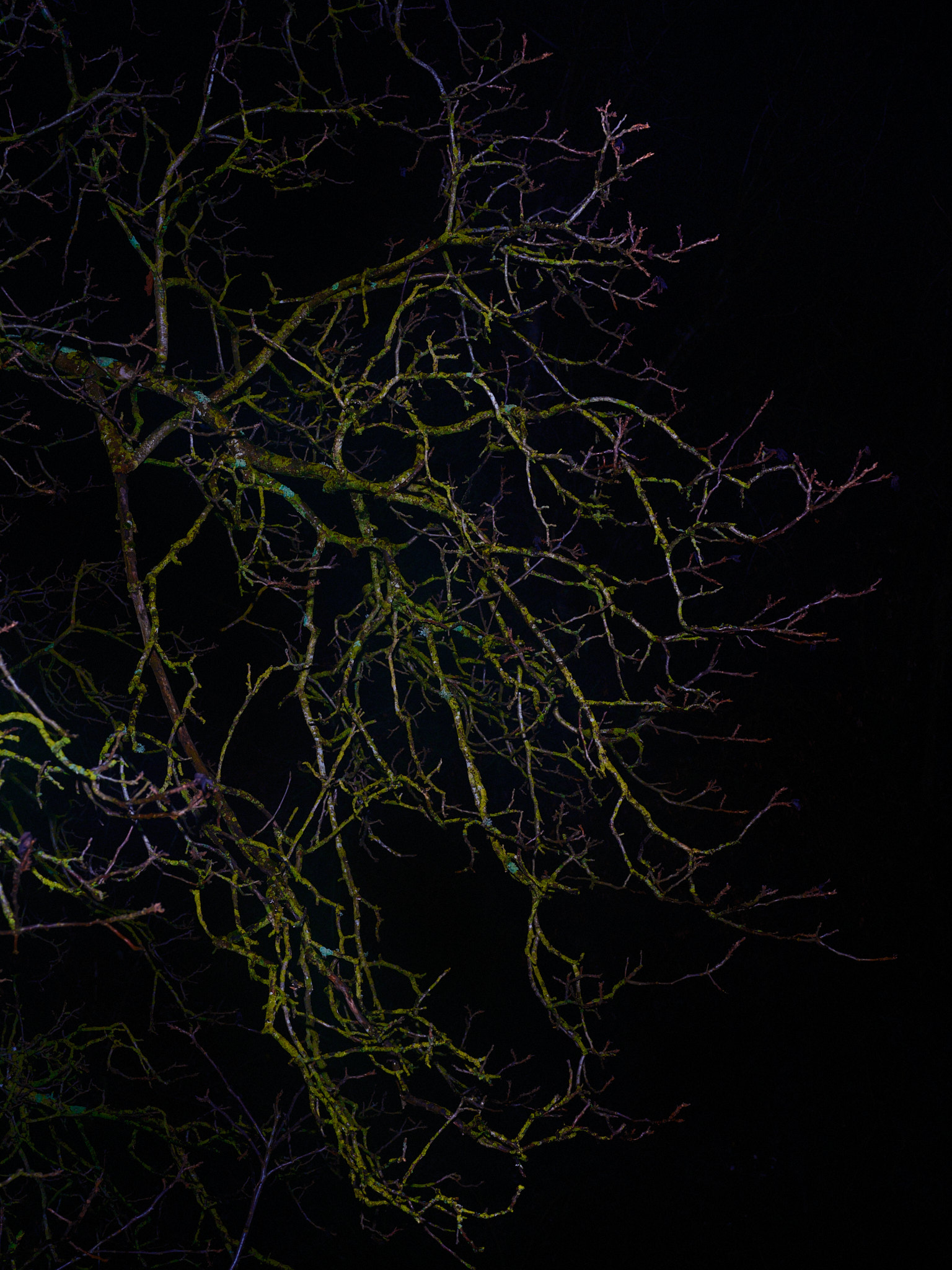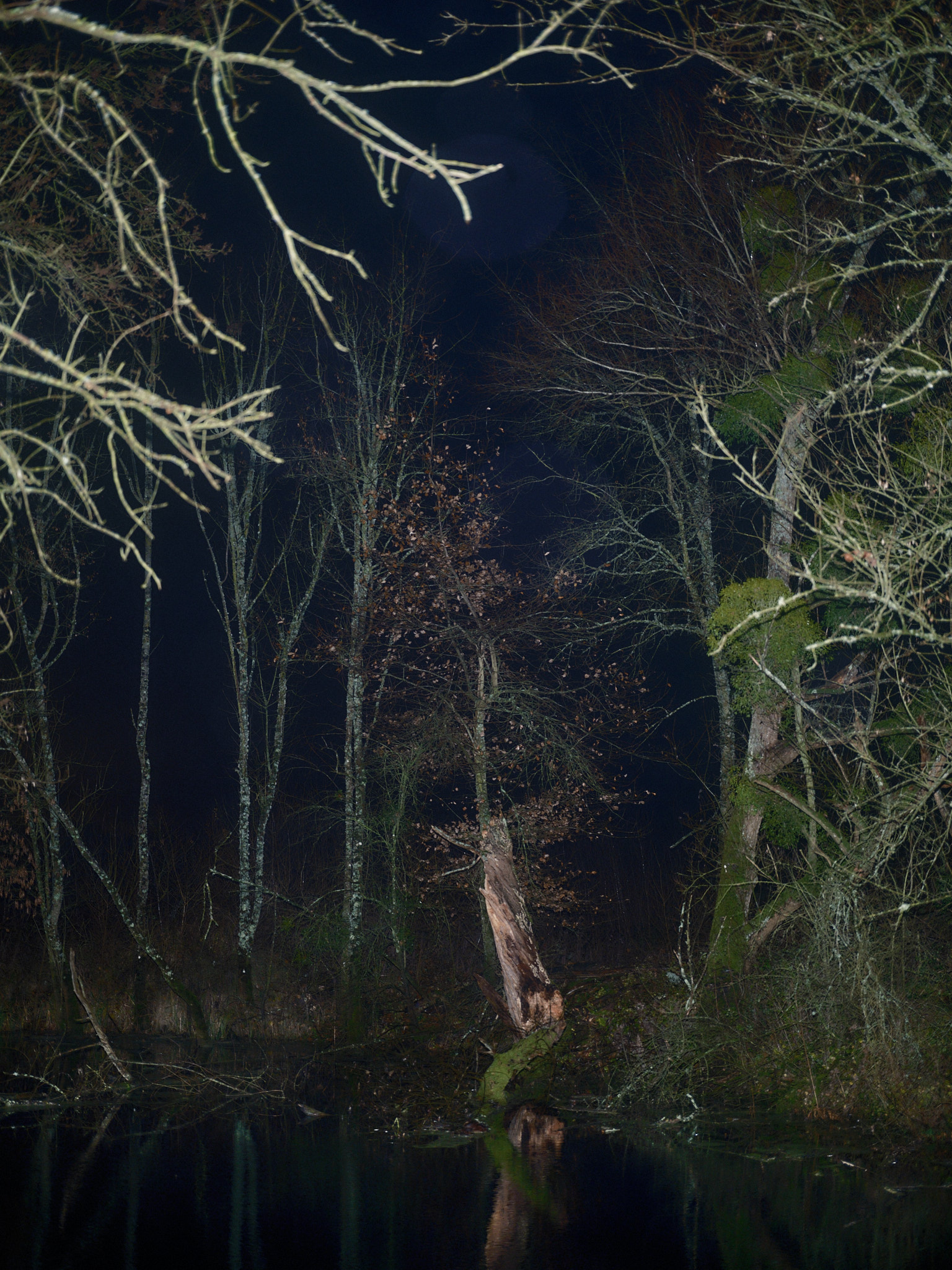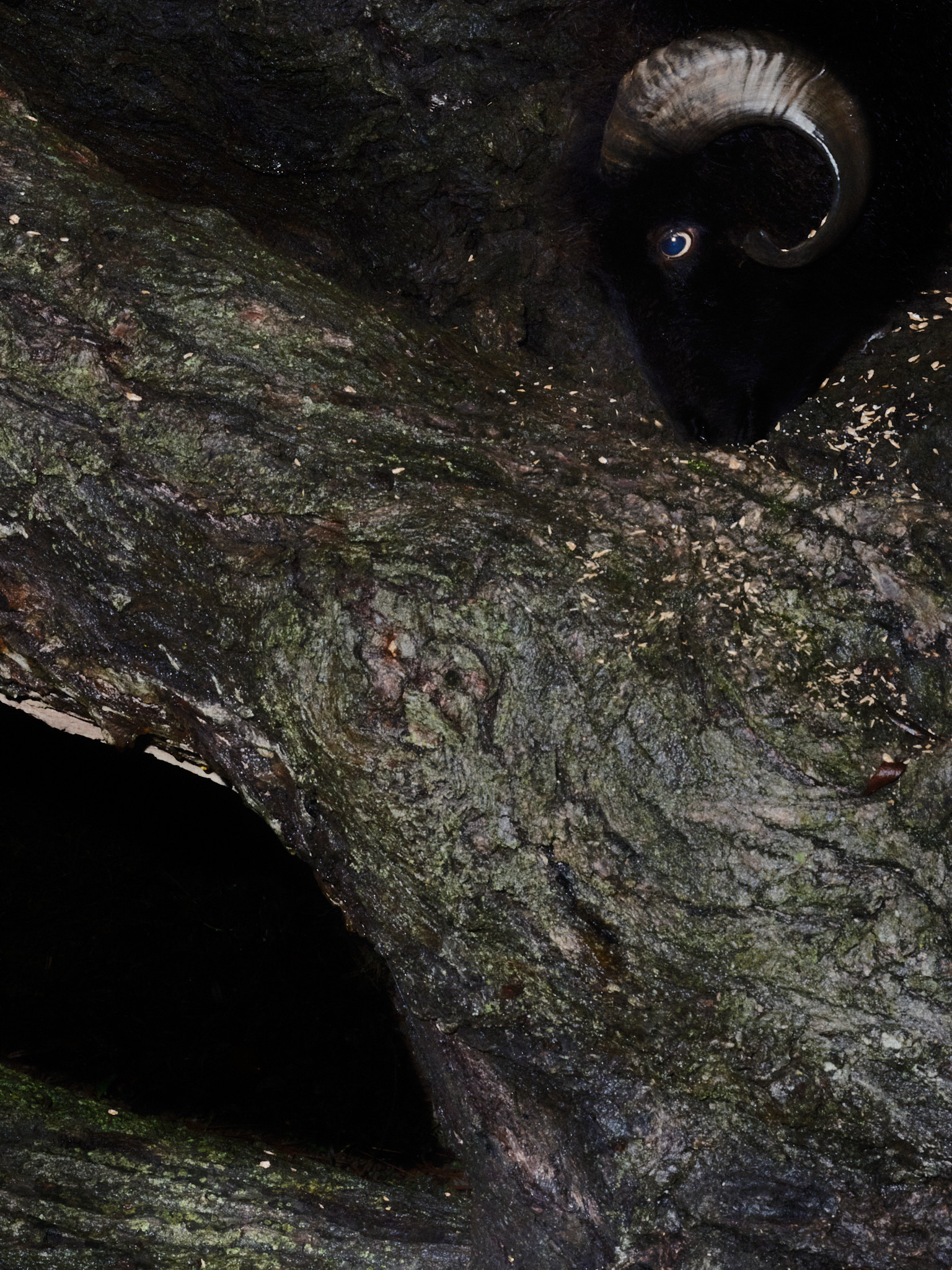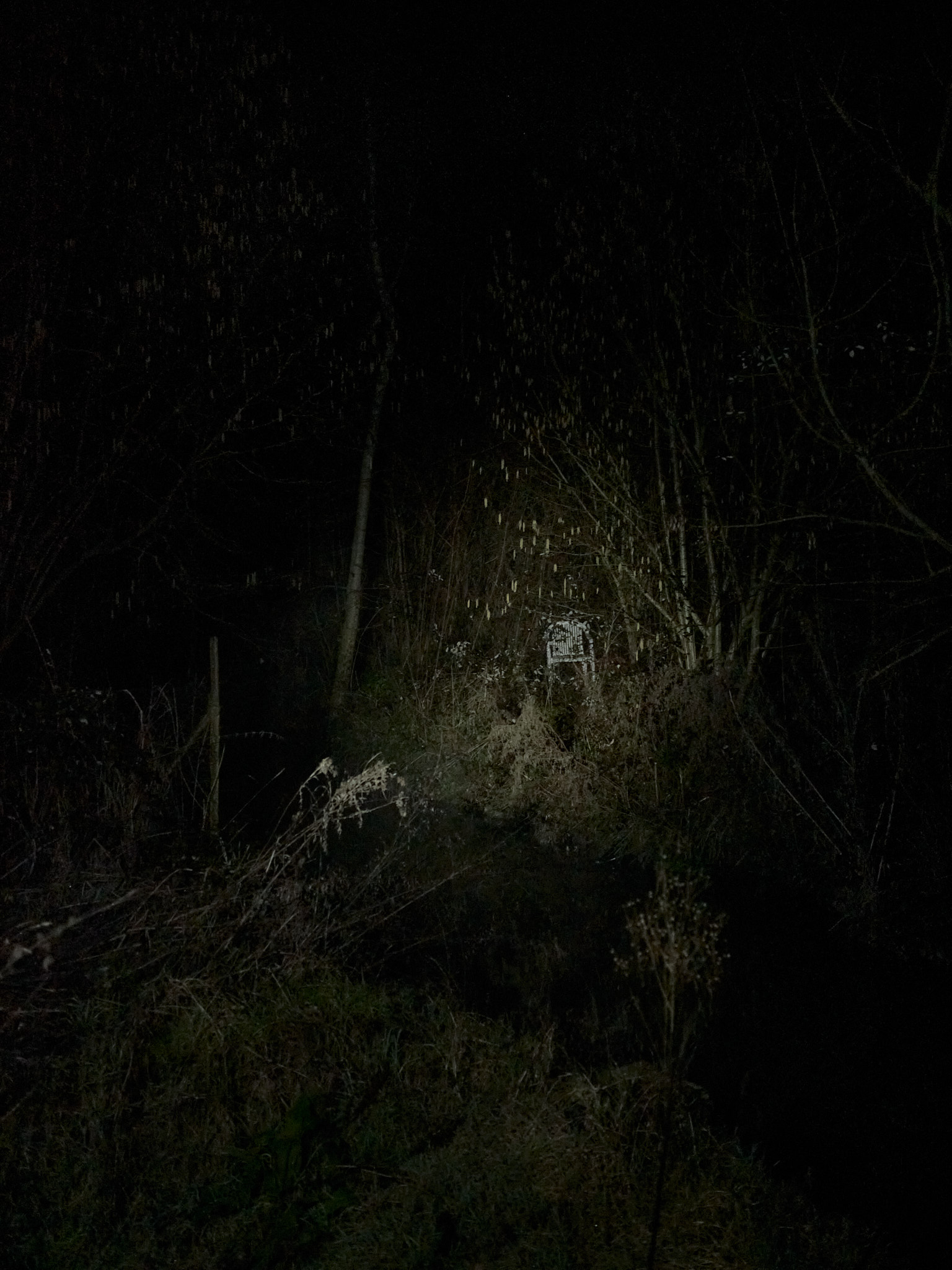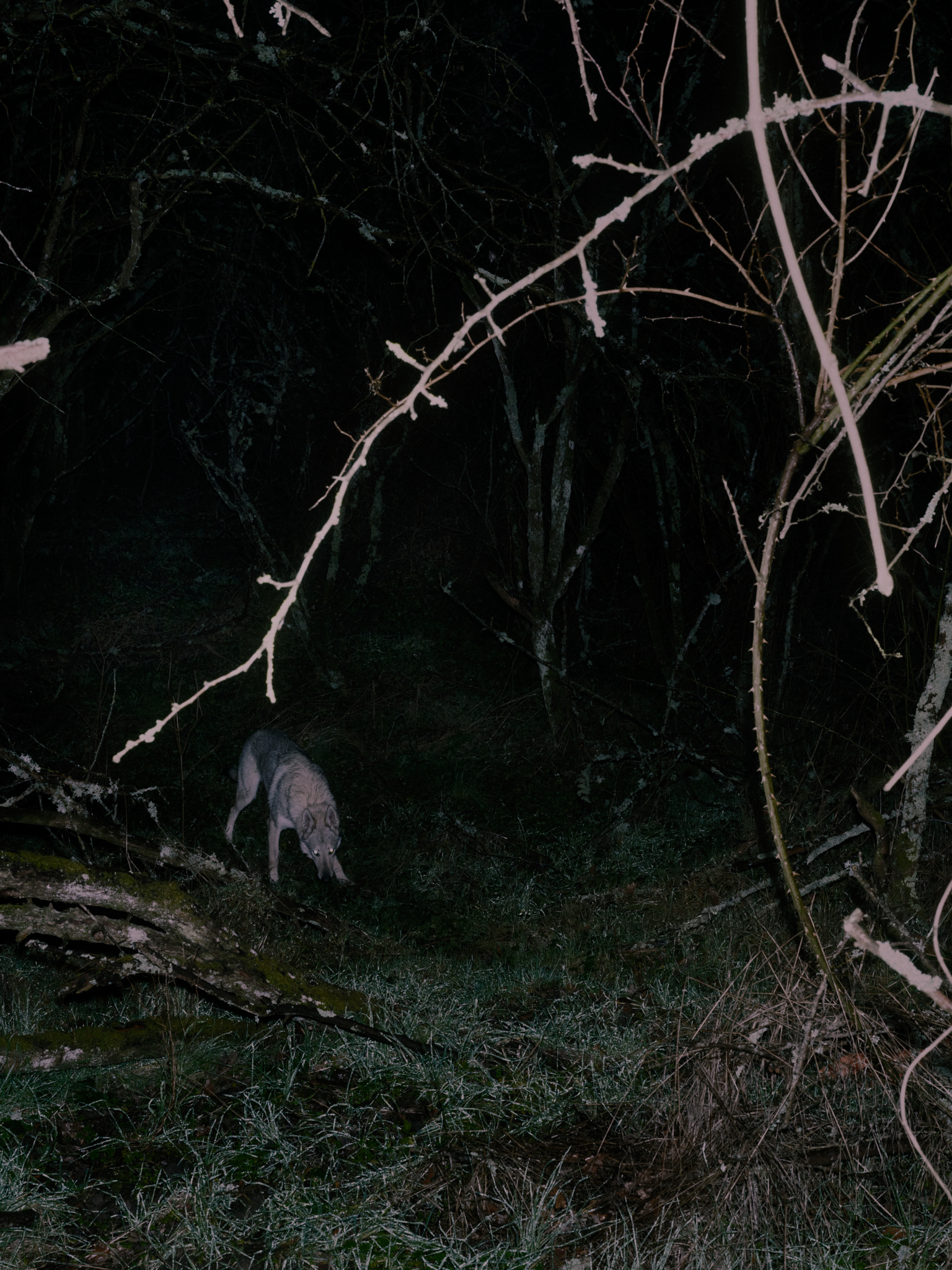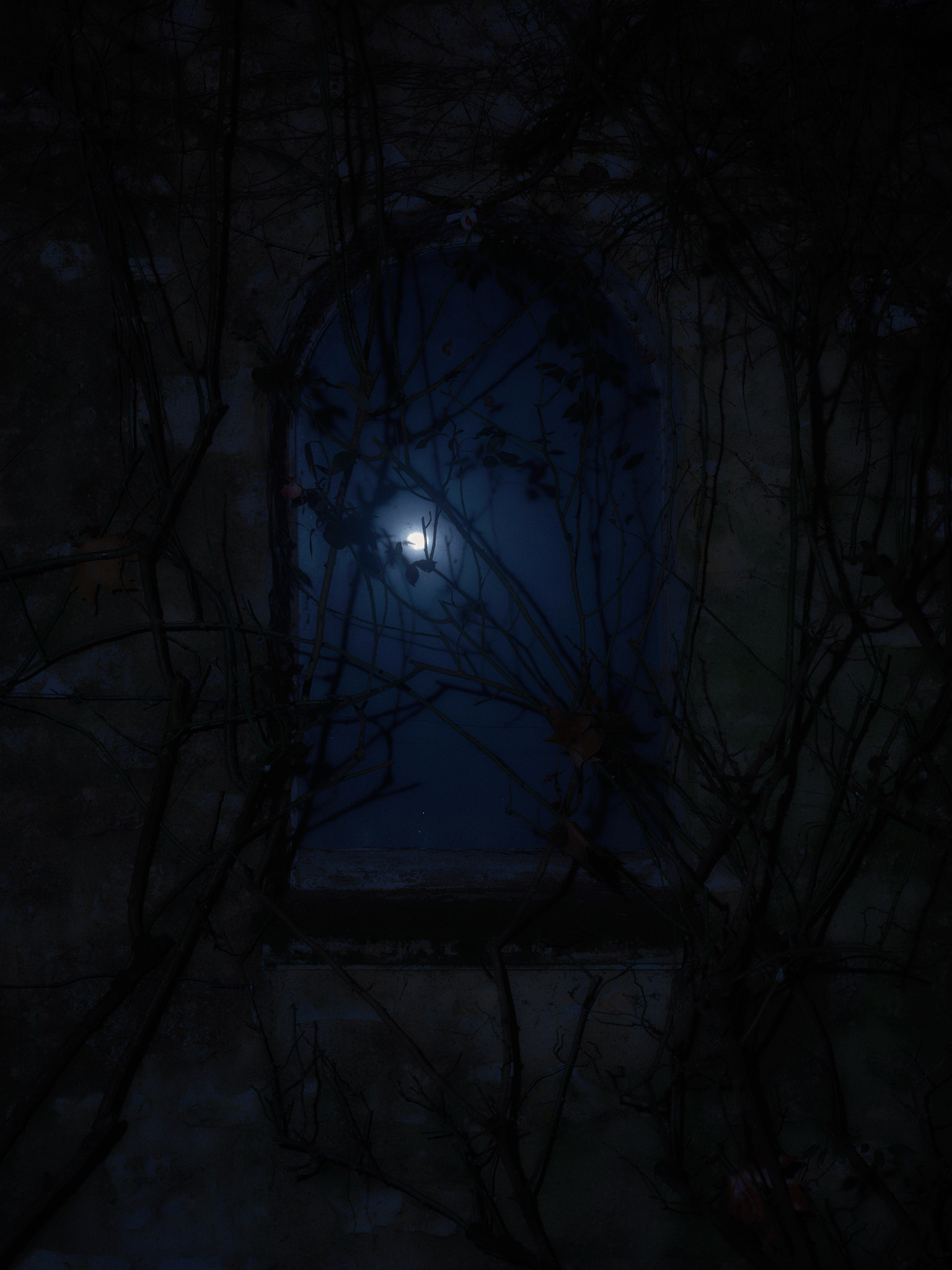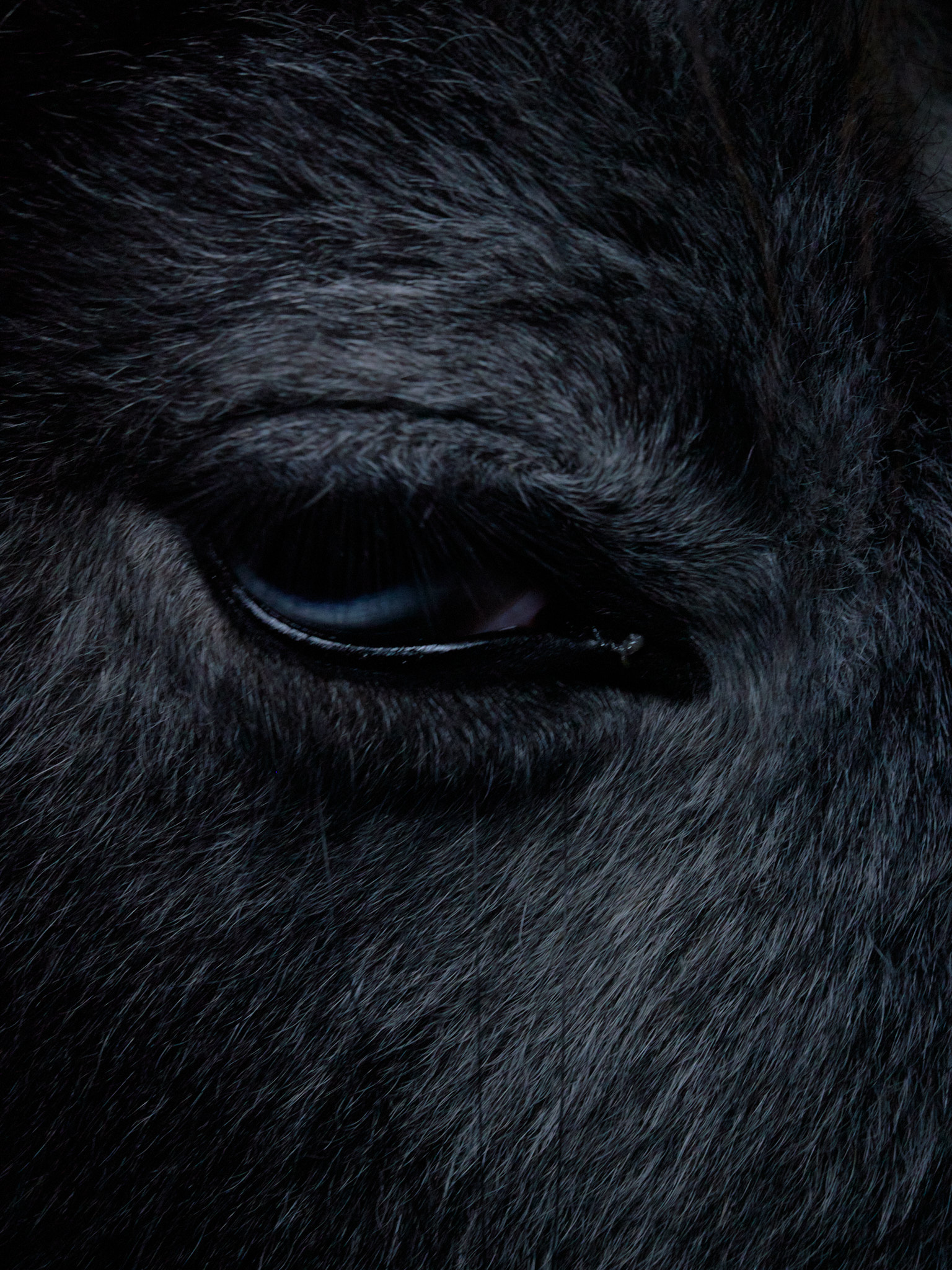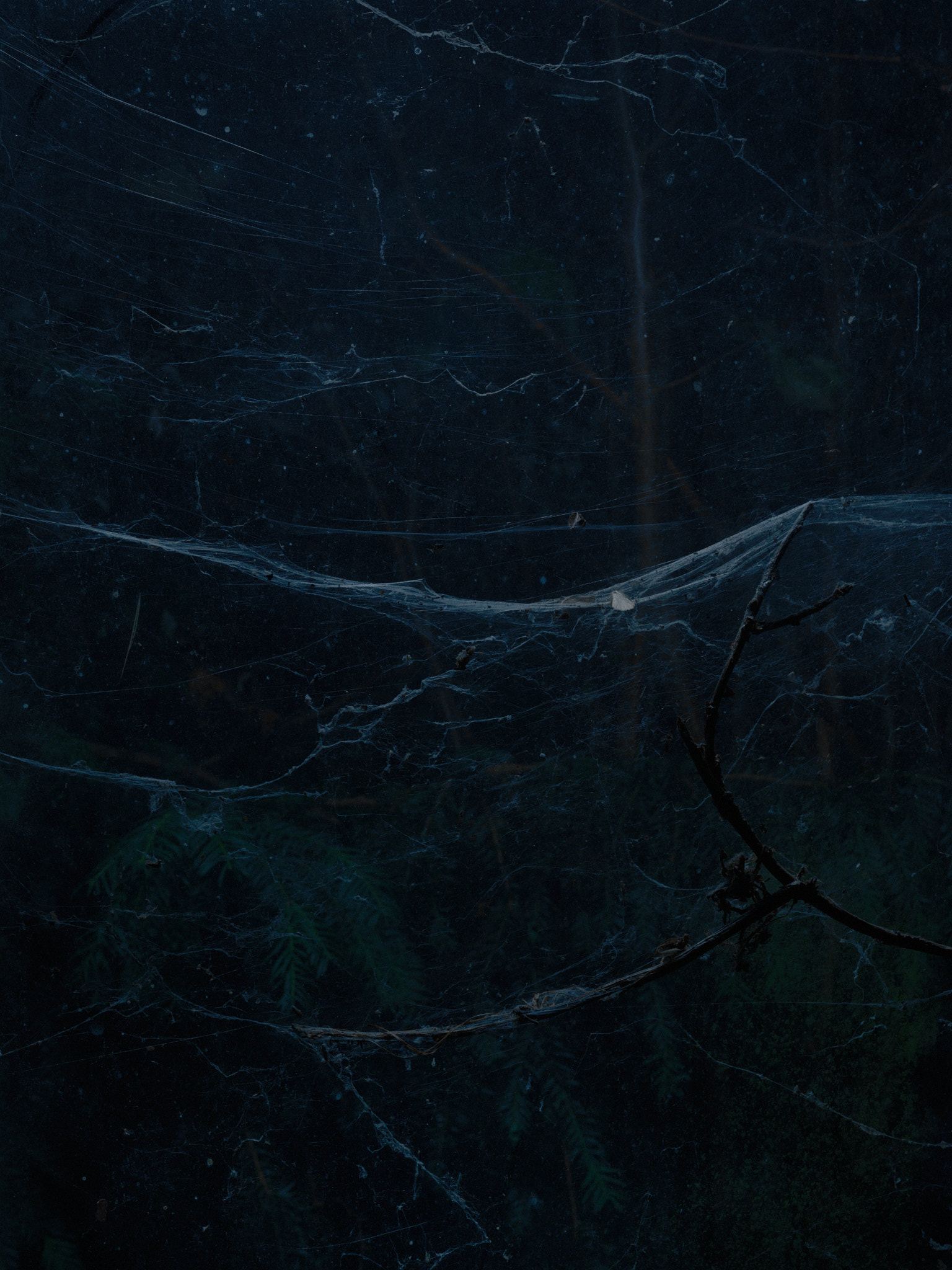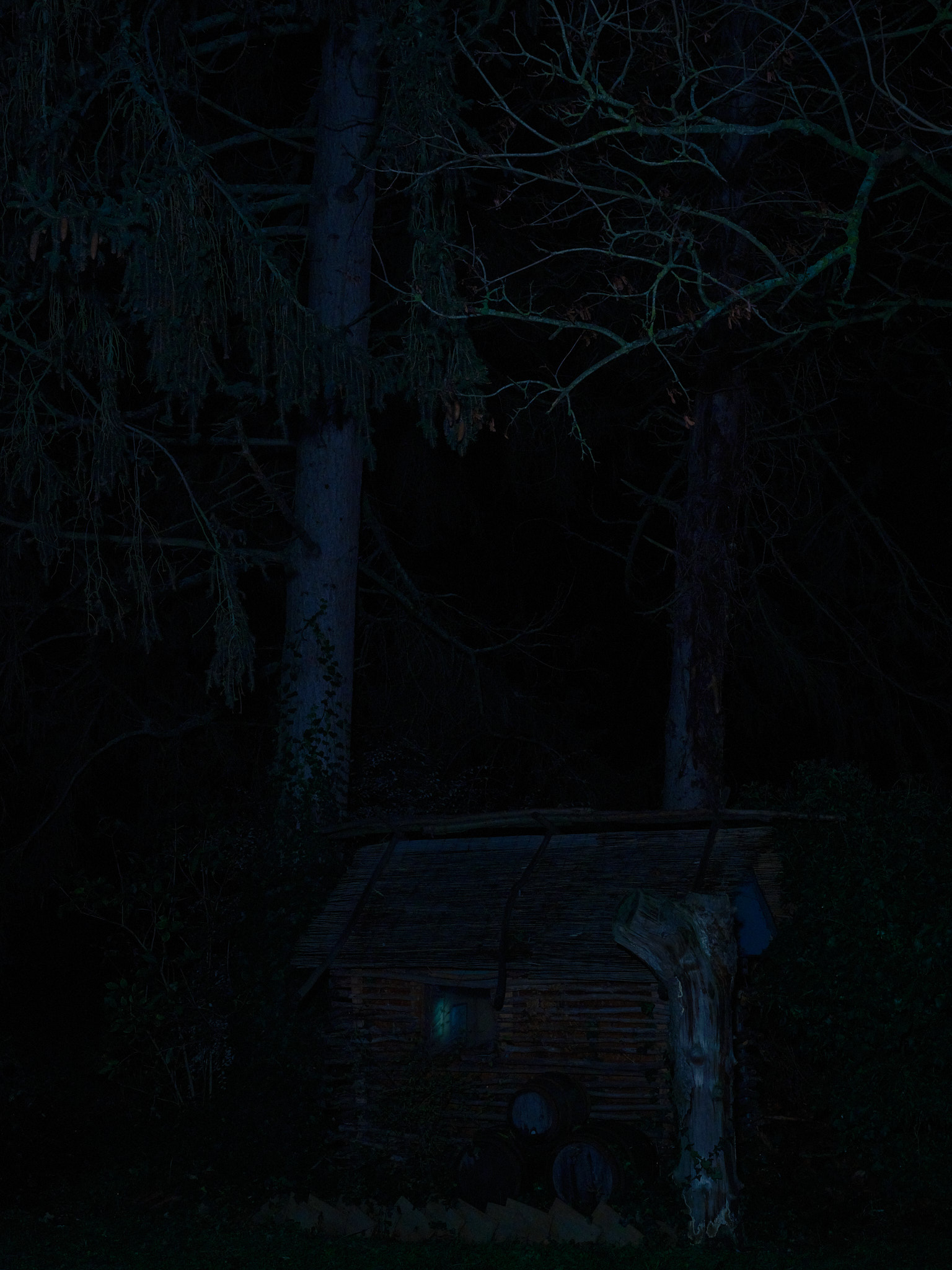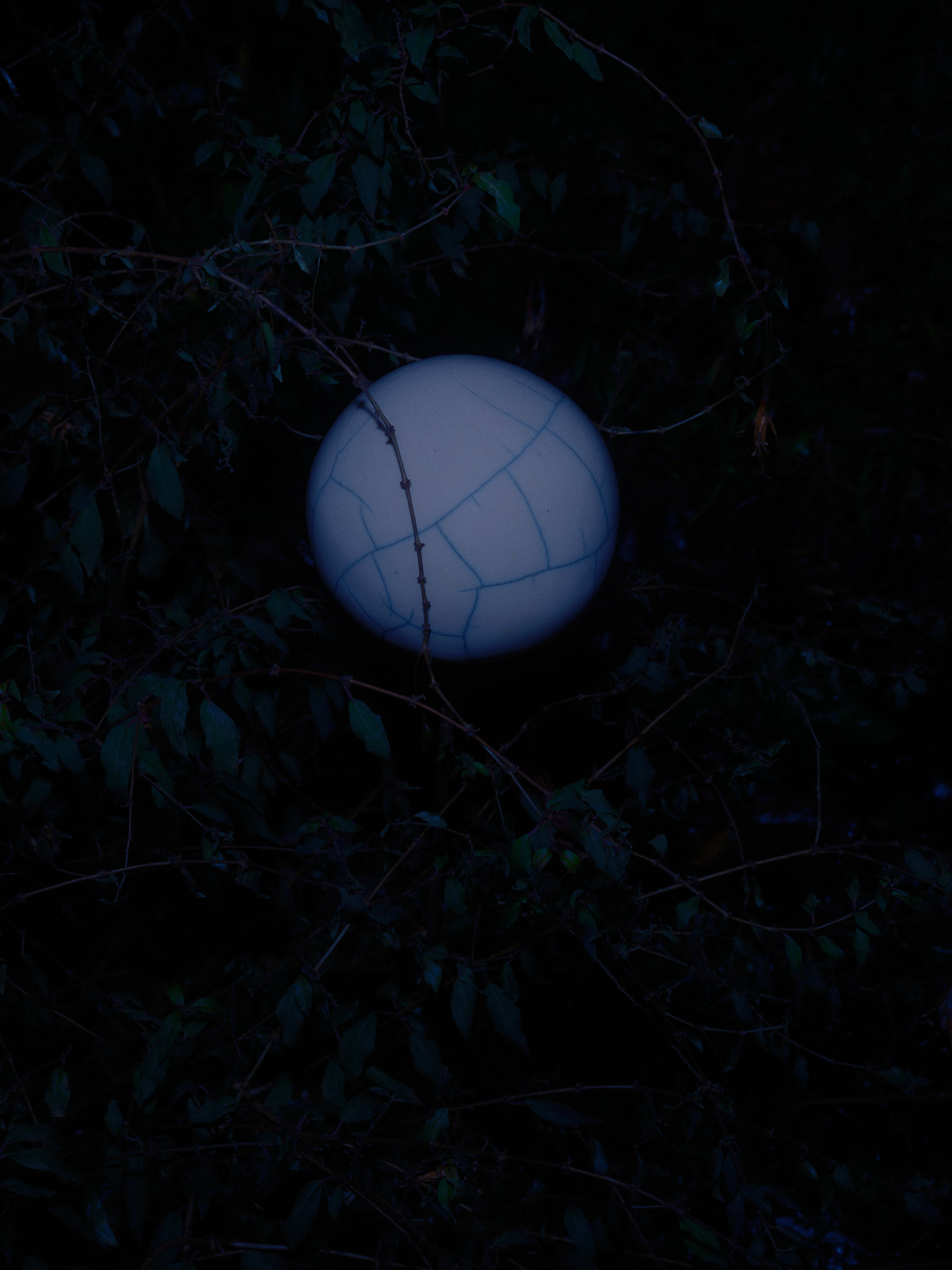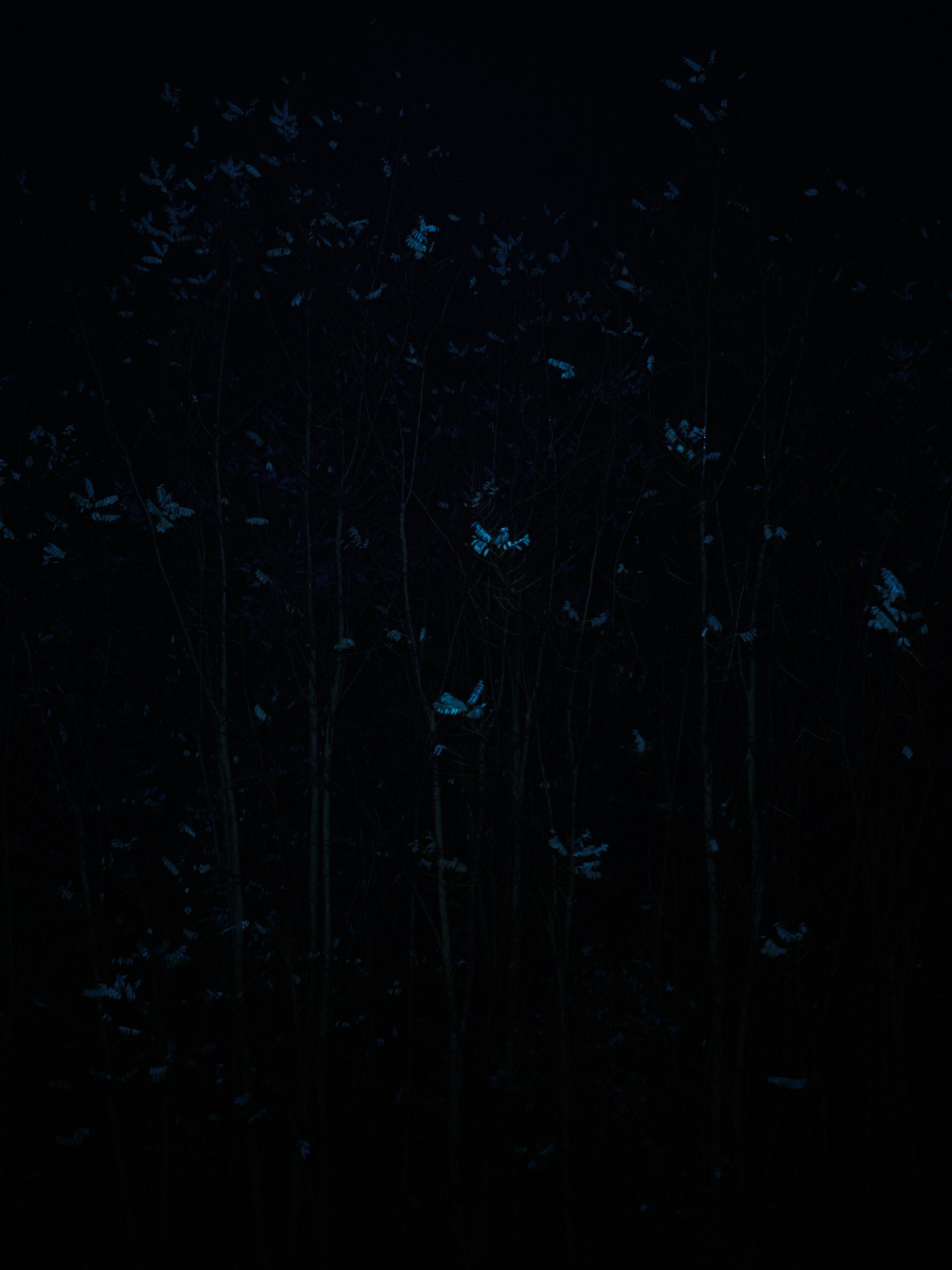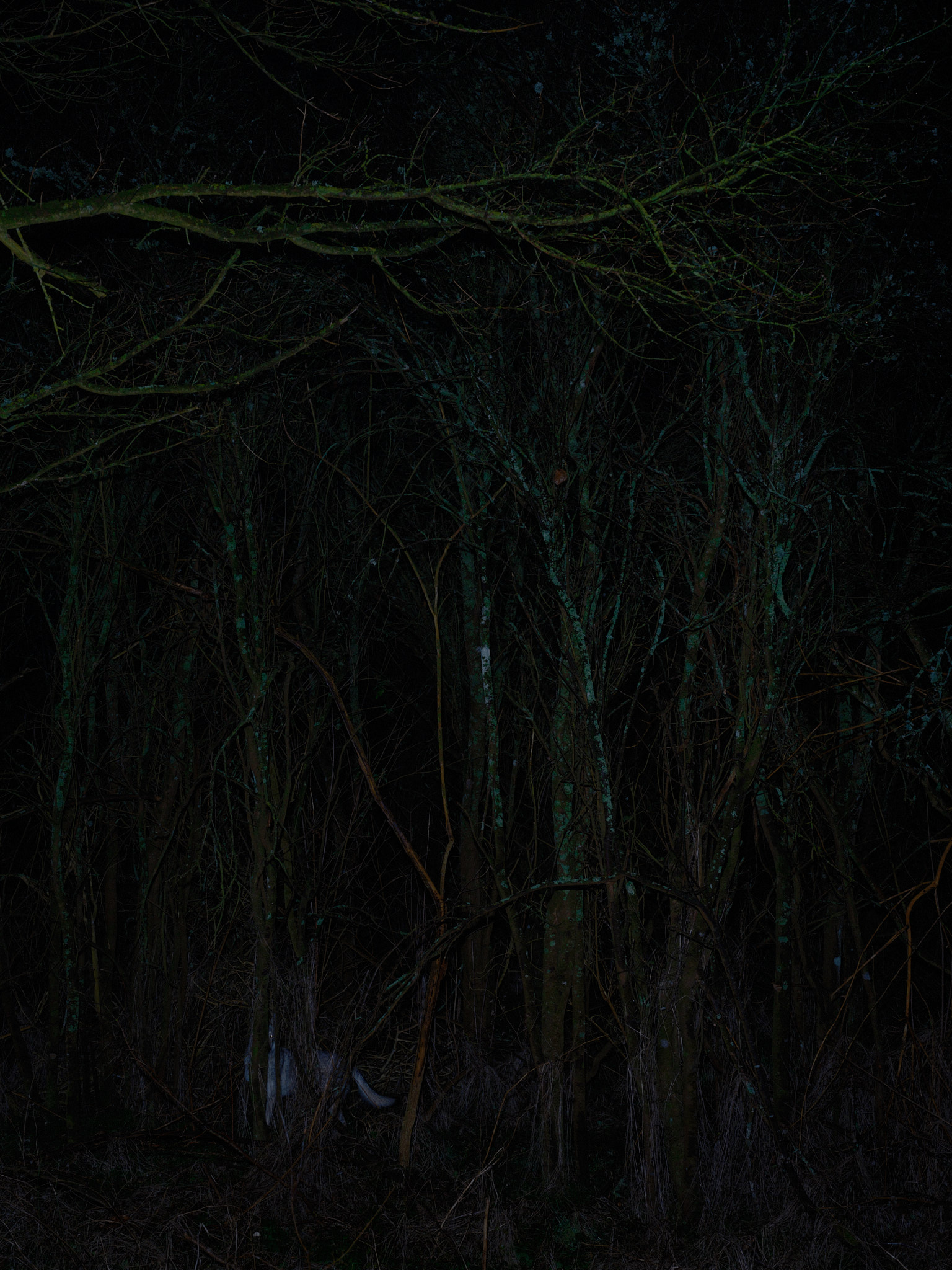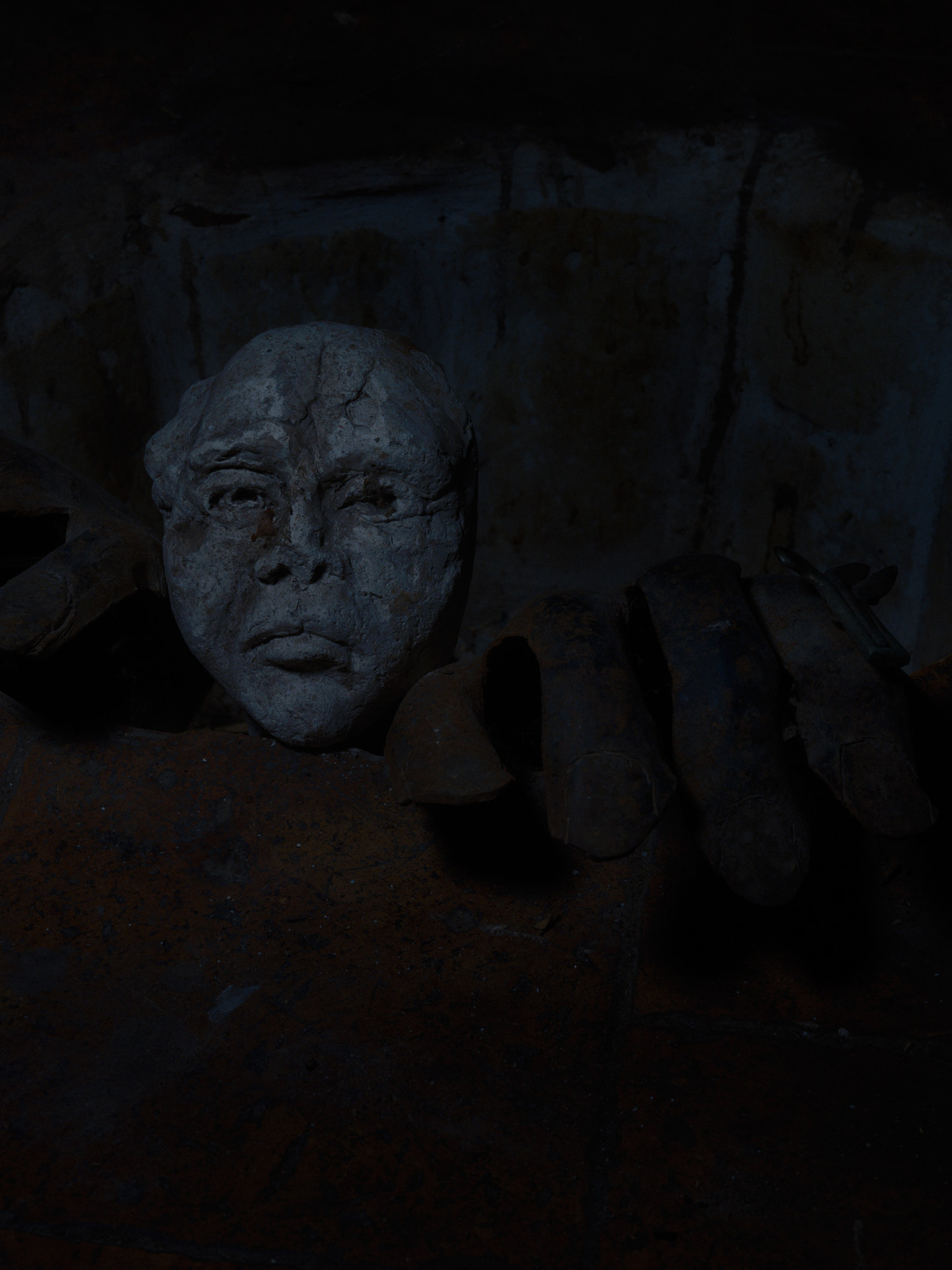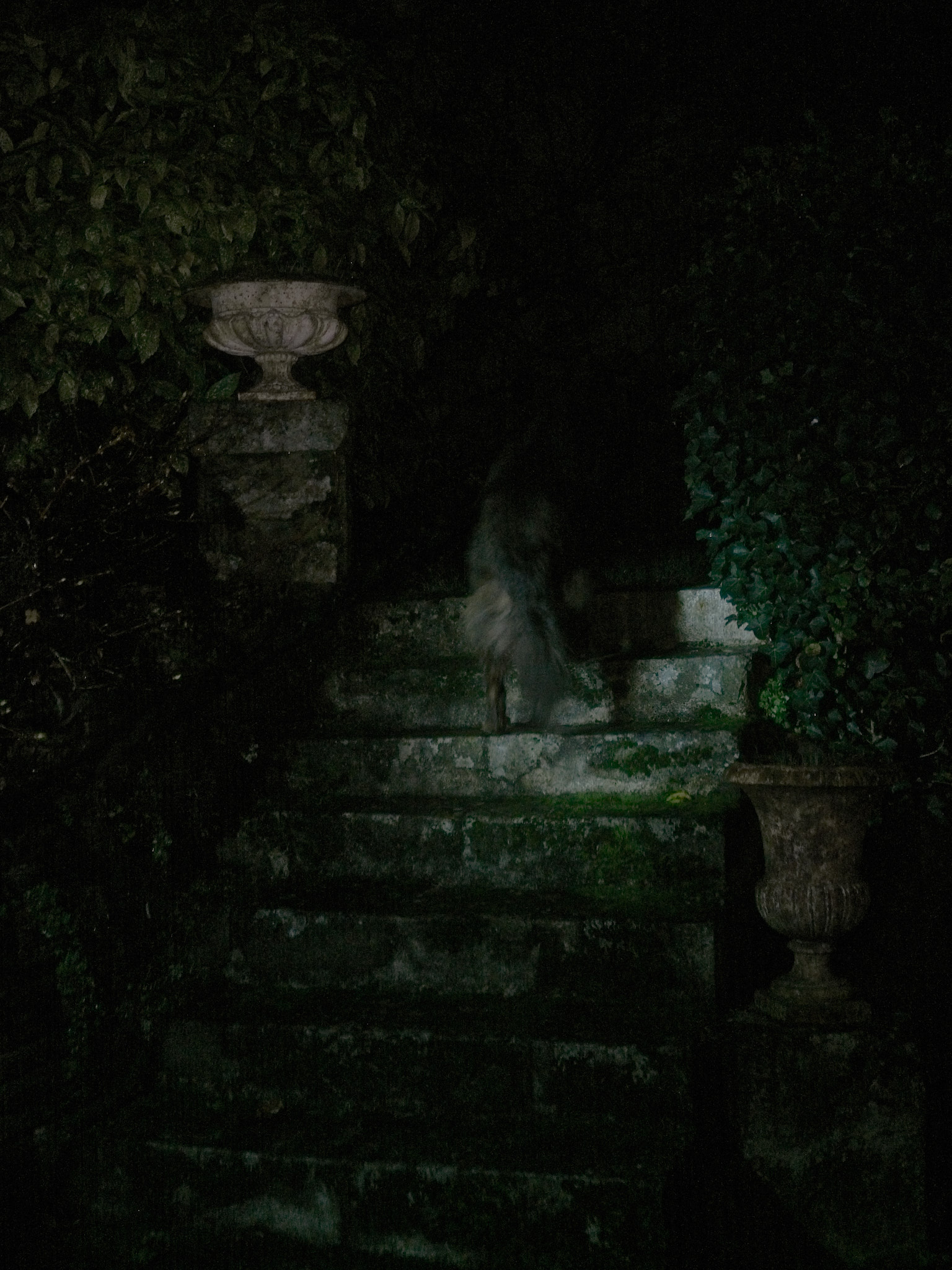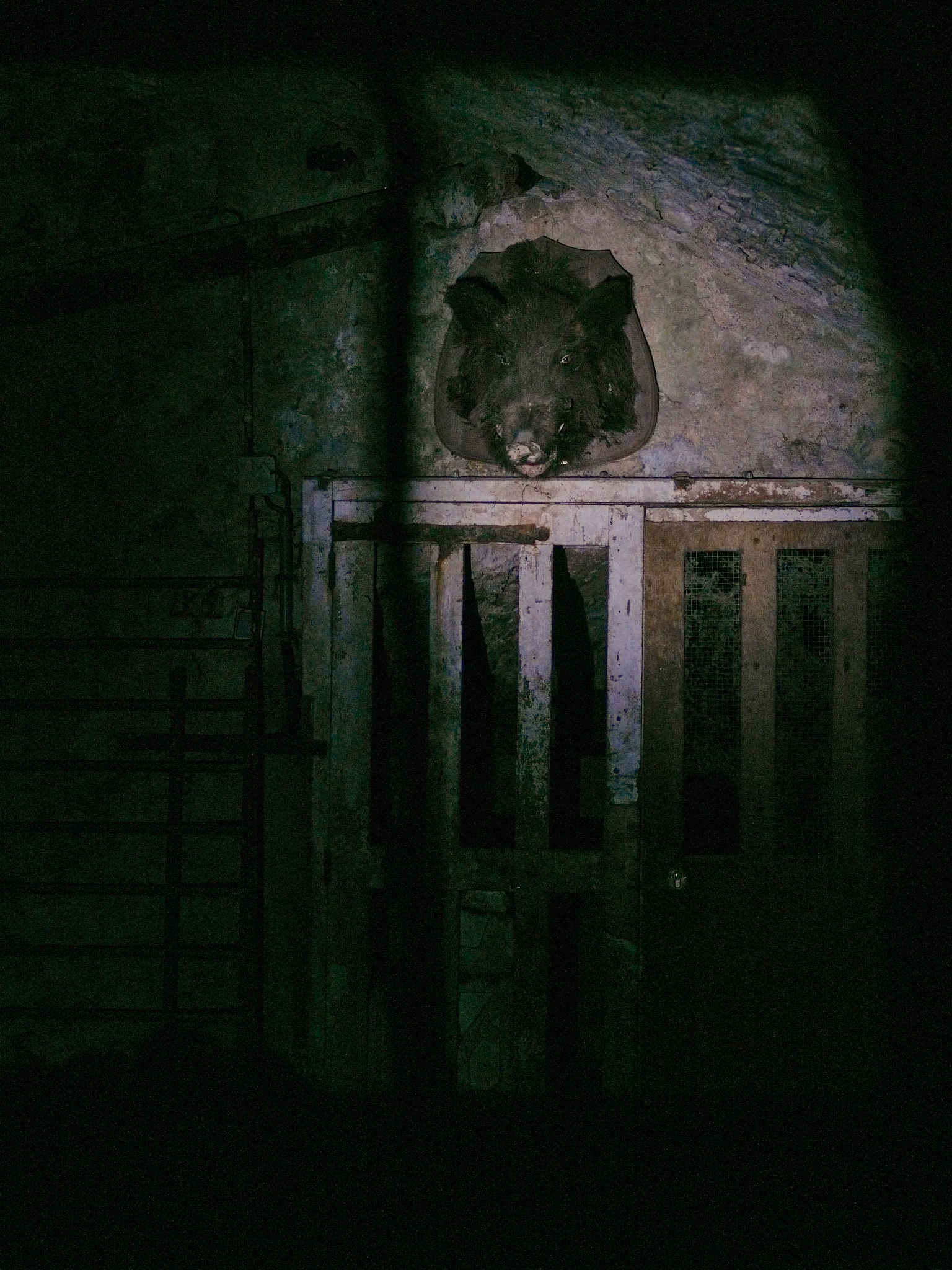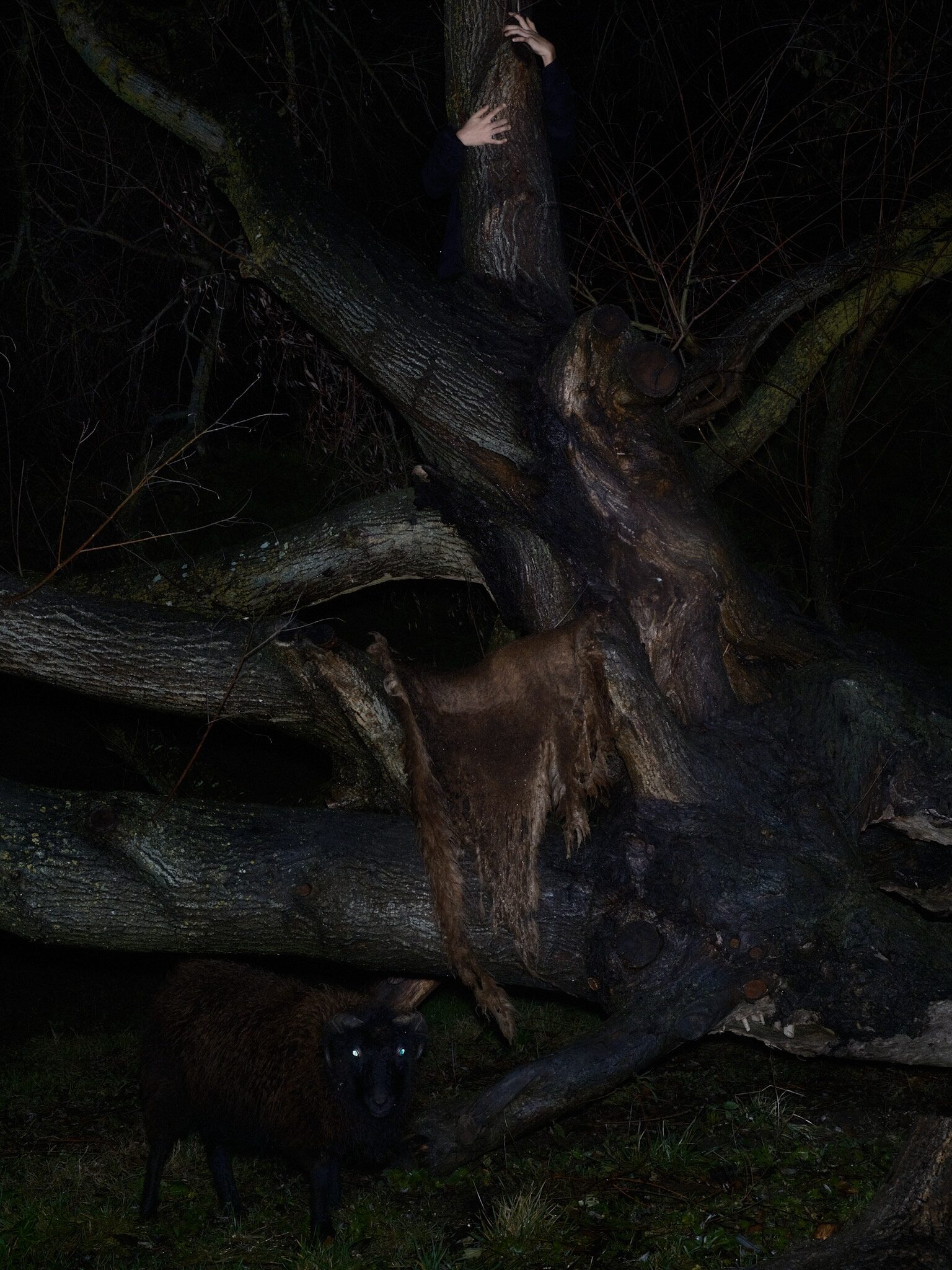Do dreams have titles?
2023
“Among natural forces, there is one whose power, acknowledged through all ages, remains eternally mysterious and deeply intertwined with humanity: the night.”
Louis Aragon, Le Paysan de Paris, 1926
Like Alice, chasing her white rabbit down the rabbit hole, or searching for an opening inside a desk drawer à la Jan Švankmajer, we enter Wonderland — that “void” where life and familiar objects metamorphose into strangeness. Often, it is in the nocturnal intoxication, described by French philosopher Baldine Saint Girons as a floating space between “the extremes of heaven and hell, the perceptible and the imperceptible” that multidisciplinary artist Nicolas Hermann becomes an alchemist-magician, conjuring the senses to open the door to another reality.
Drawing inspiration from Dante’s Divine Comedy and the Hypnerotomachia Poliphili, Hermann embarks upon a quest toward the island of Cythera, which swiftly transforms into Böcklin’s Isle of the Dead. Visions intertwine through the lens of dark Romanticism, evoking Fuseli’s The Nightmare, while Edgar Allan Poe’s question rises from the depths: “Is all that we see or seem but a dream within a dream?”. This question frees the mind, evoking a state akin to somnambulism, an escape from daily life, depicted in The Matrix through the familiar image of the white rabbit Neo must follow.
In turn, Nicolas Hermann follows this rabbit to Beaugency, where, thanks to the Ardelim residency of 2023-2024, he creates “Do dreams have titles?”, an in-situ installation presented in the Saint-Étienne church of Beaugency. Visitors enter darkness, opening themselves to the invisible, attentive to unnoticed strangeness lurking in shadows, transforming into characters from a Gothic novel—like a wandering Melmoth. Occasionally, they perceive glitches, lapses in perception, or pareidolia, drawing inspiration from vague or ambiguous images that lead them into dreams. In this other world, time is suspended, abolished, yet paradoxically expressed through absence: as Peter Kubelka asserts, “Cinema expresses itself between the images”, a philosophy permeating Hermann’s work.
Confronted with Nicolas Hermann’s creations, the viewer disappears and is reborn, returning to an existence transfigured, now anchored within their own dreams.
Pigment print on Hahnemühle Museum Etching 350gsm
Signed, titled, dated, and numbered on the back
30×40 cm (edition of 5 + 2 AP)
60×80 cm (edition of 3 + 2 AP)
Framing
Mounted on 1mm aluminum (5mm floating border)
Wenge wood floater frame
